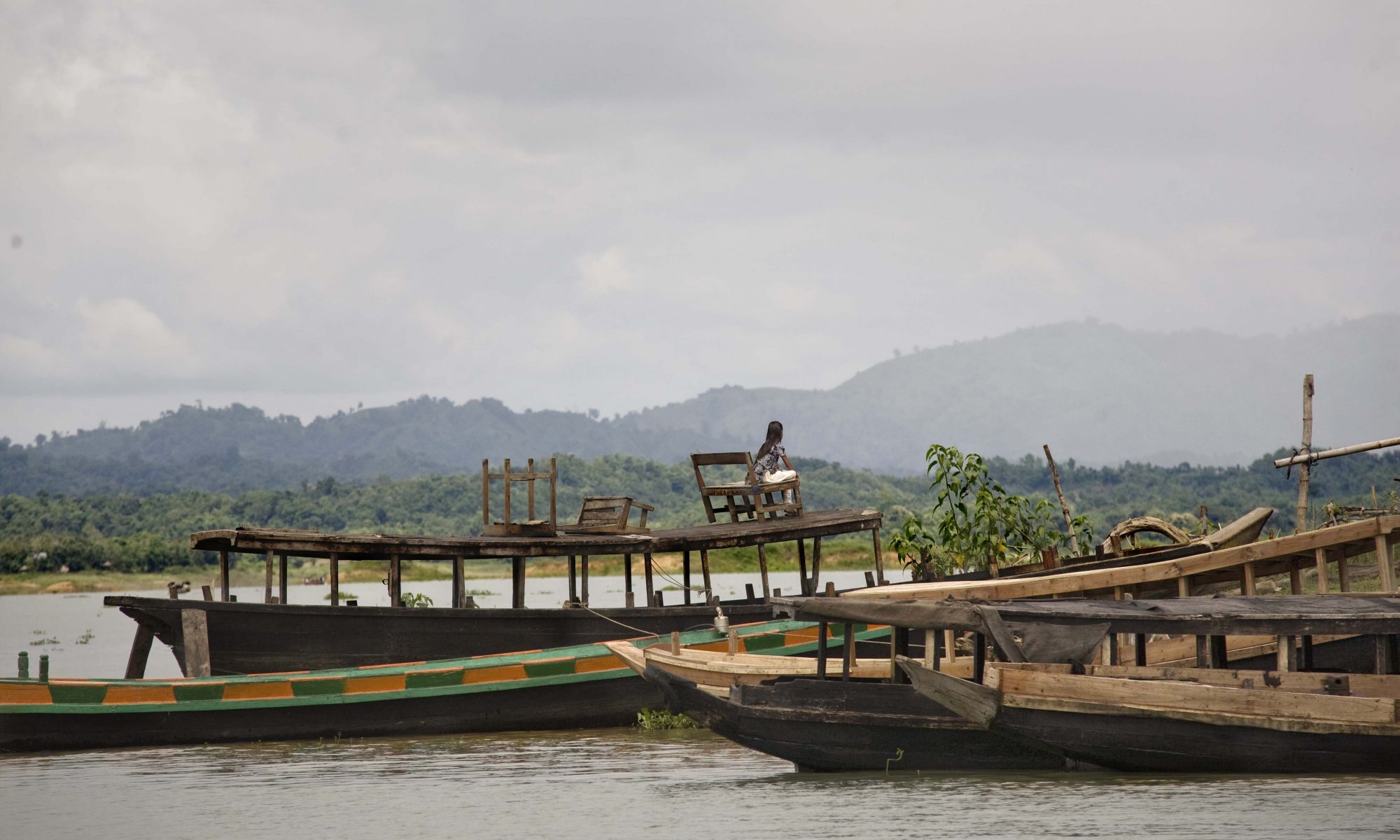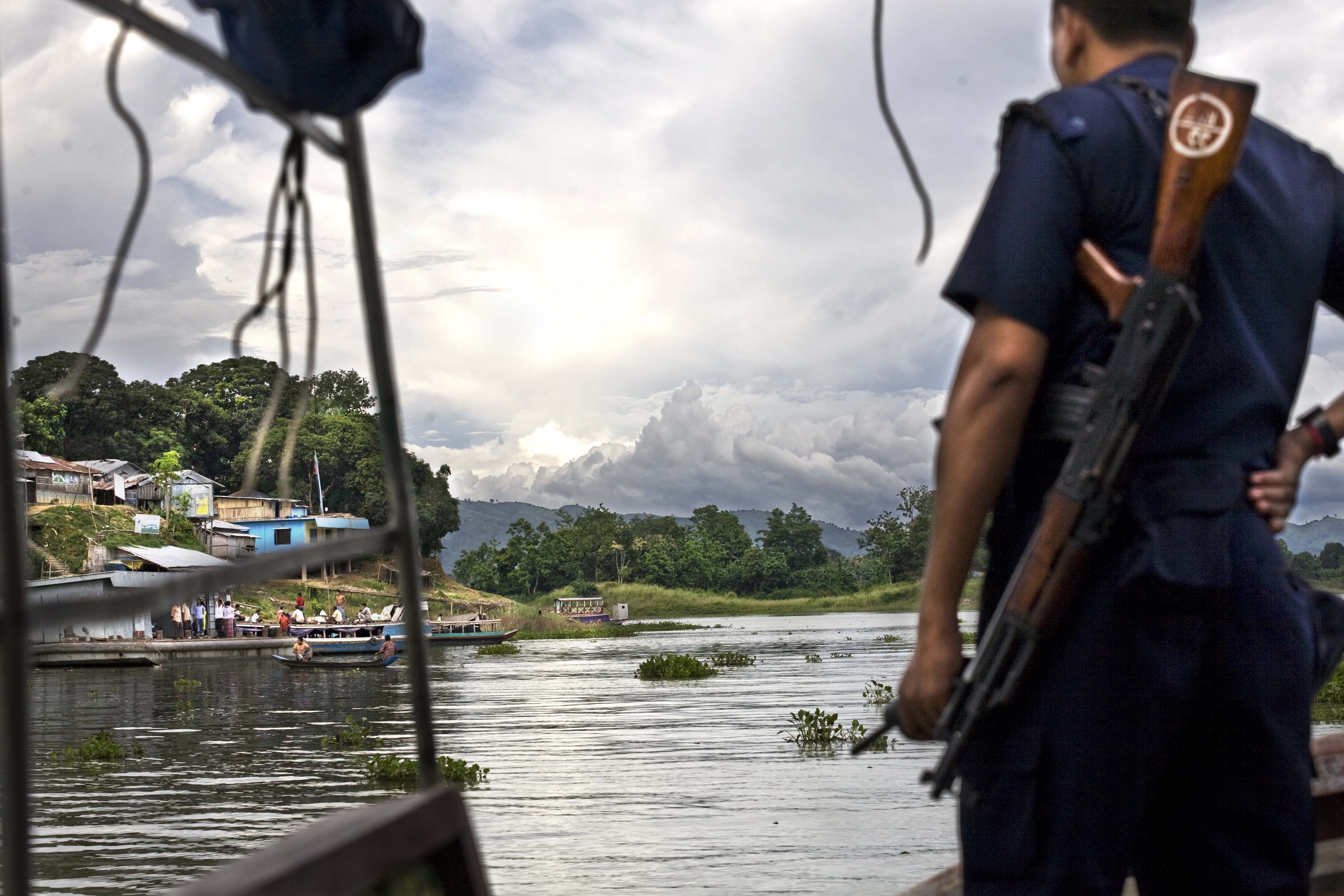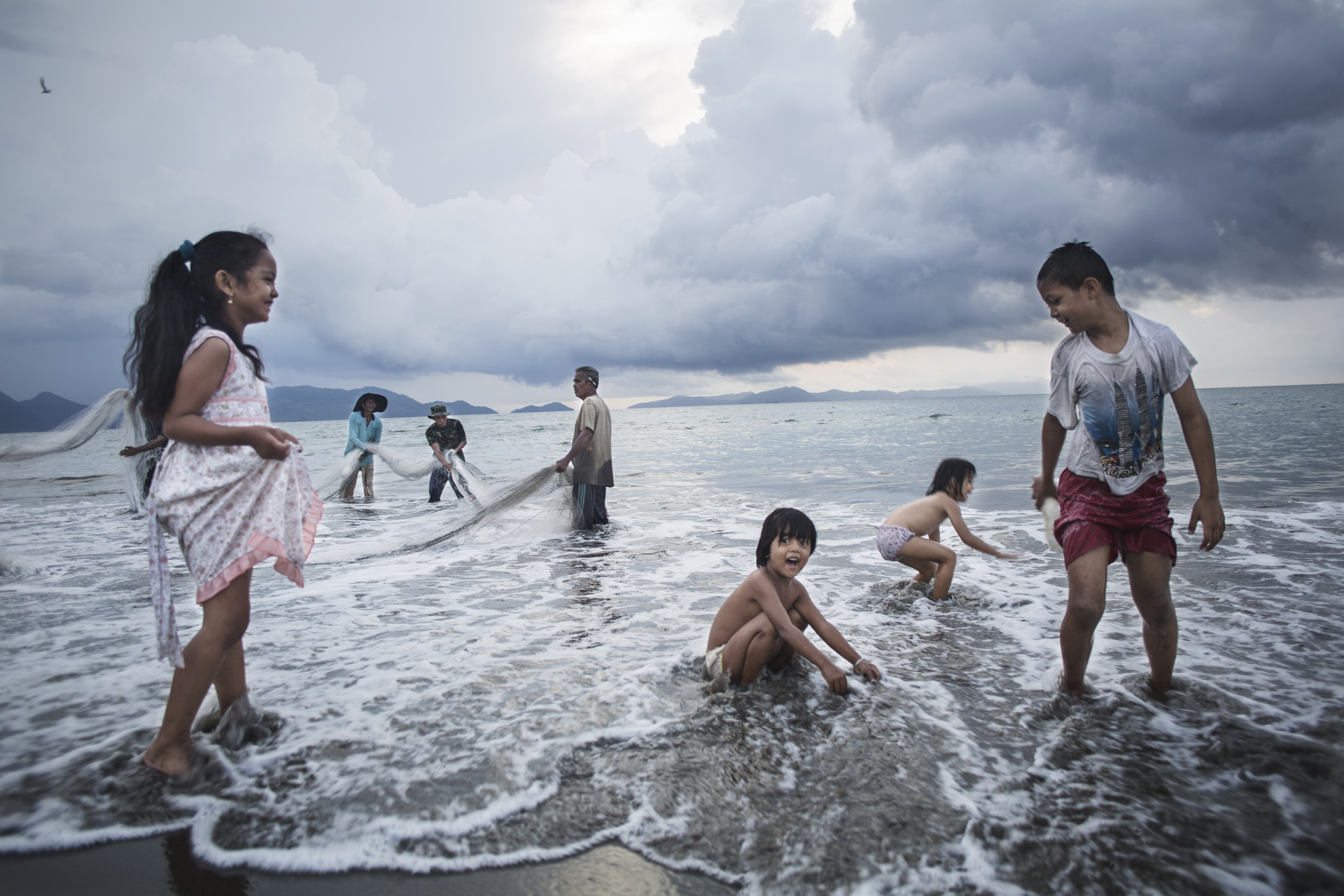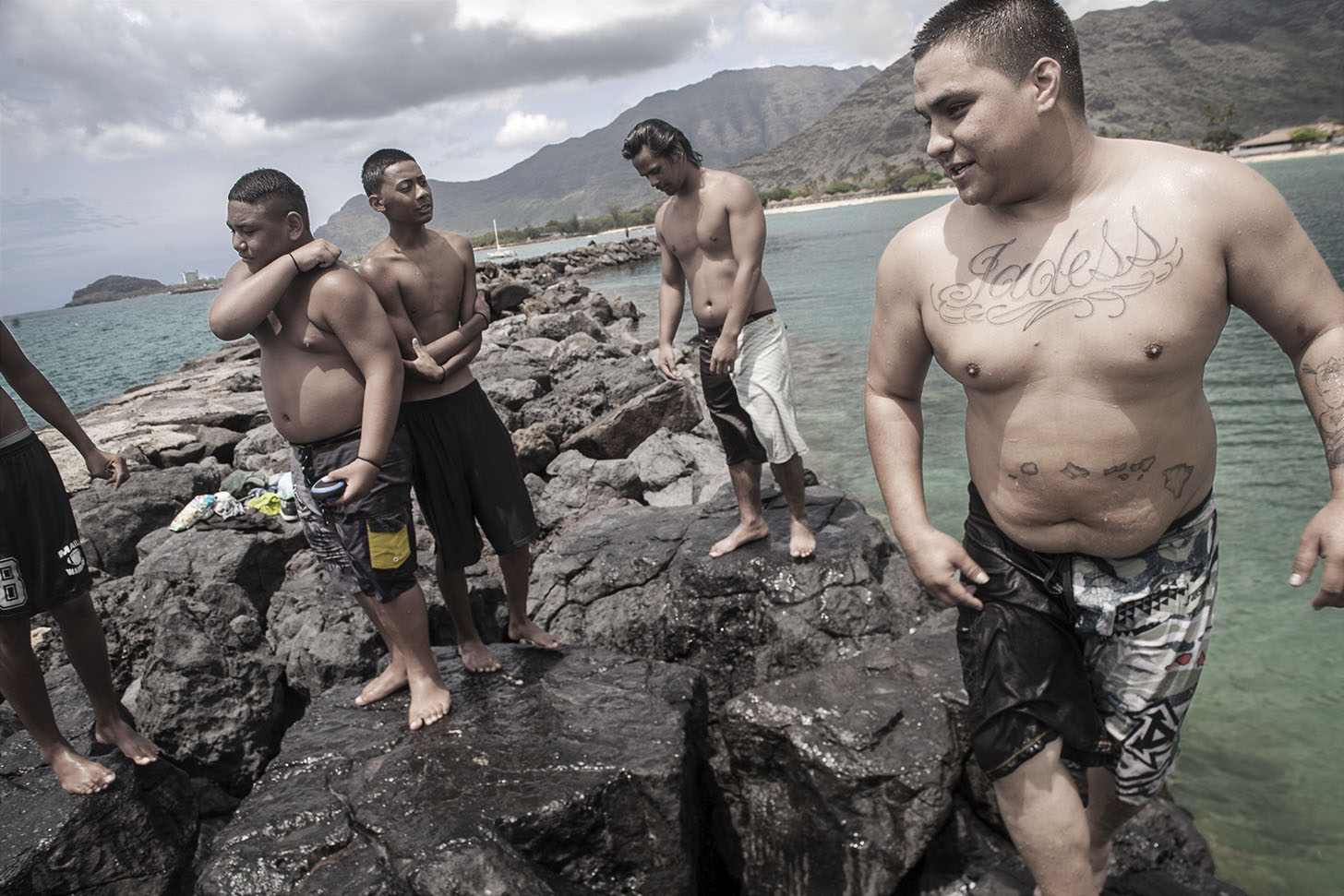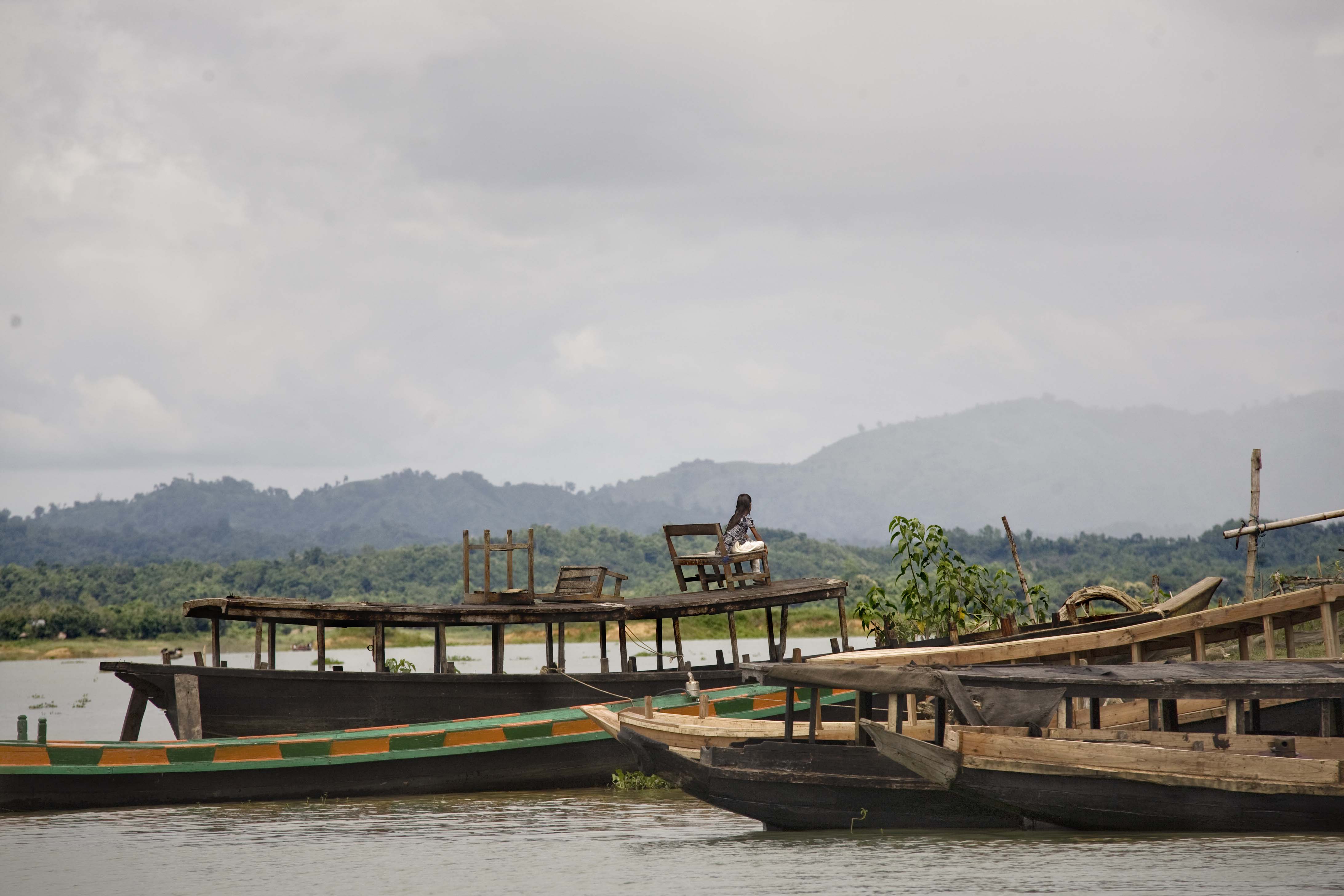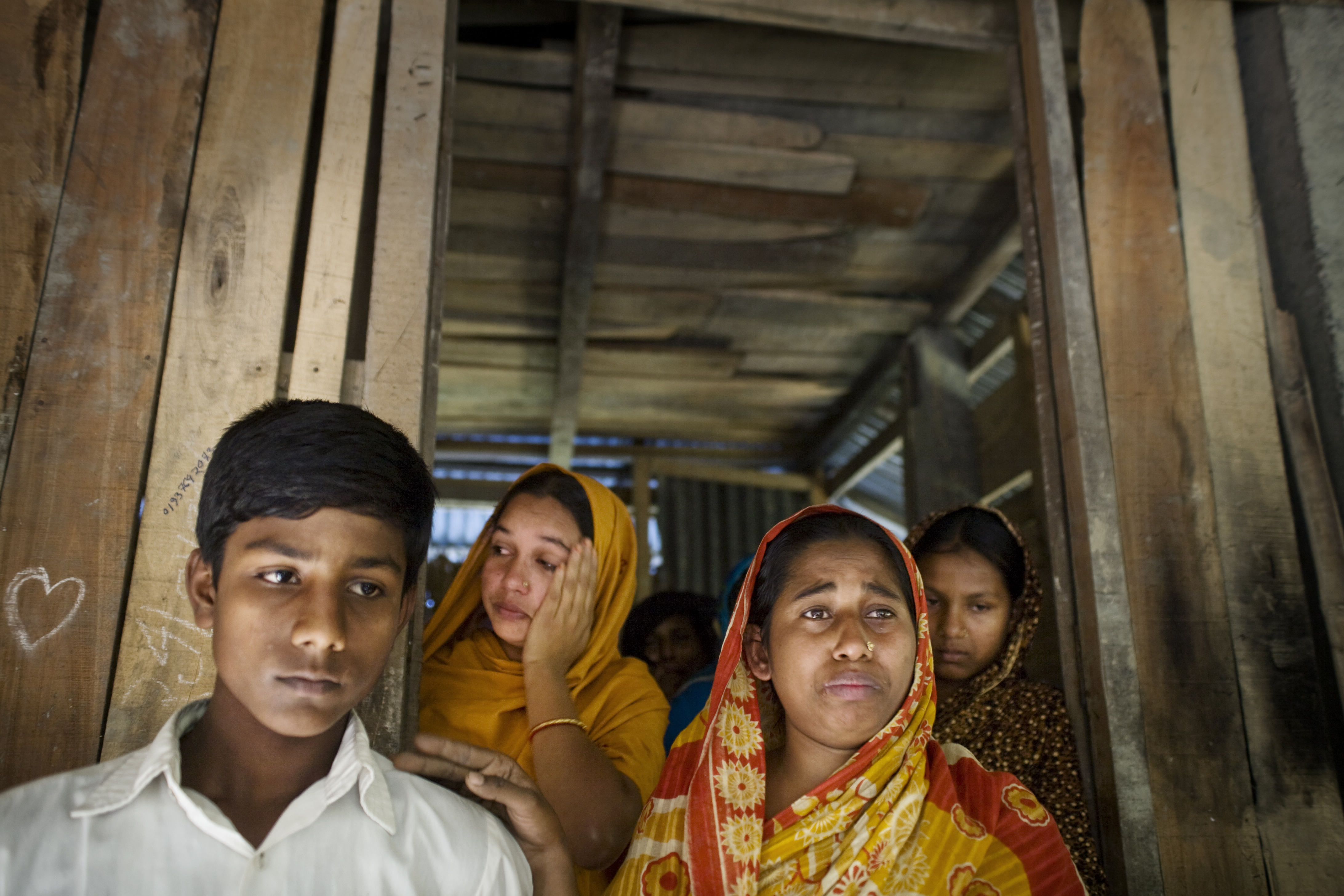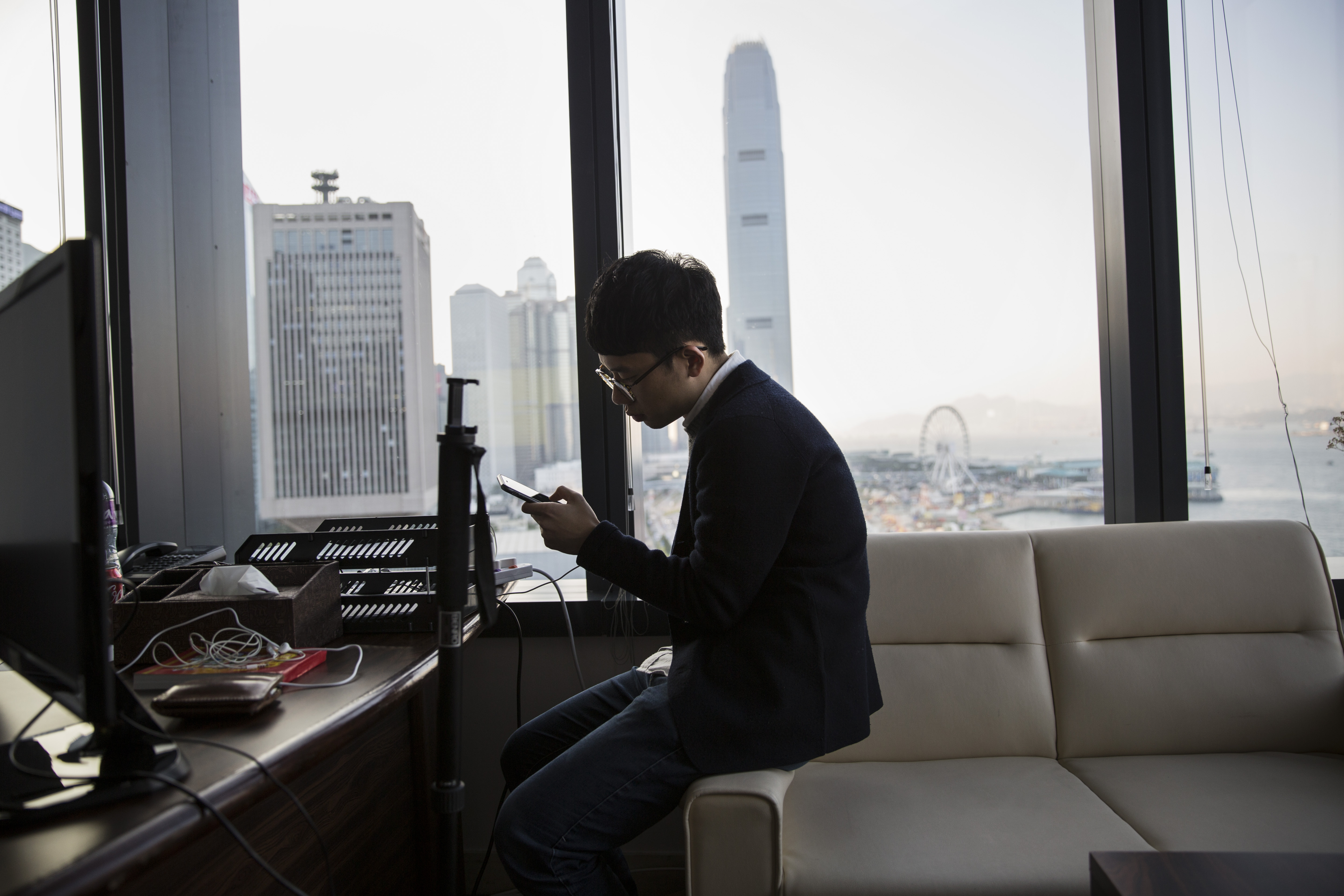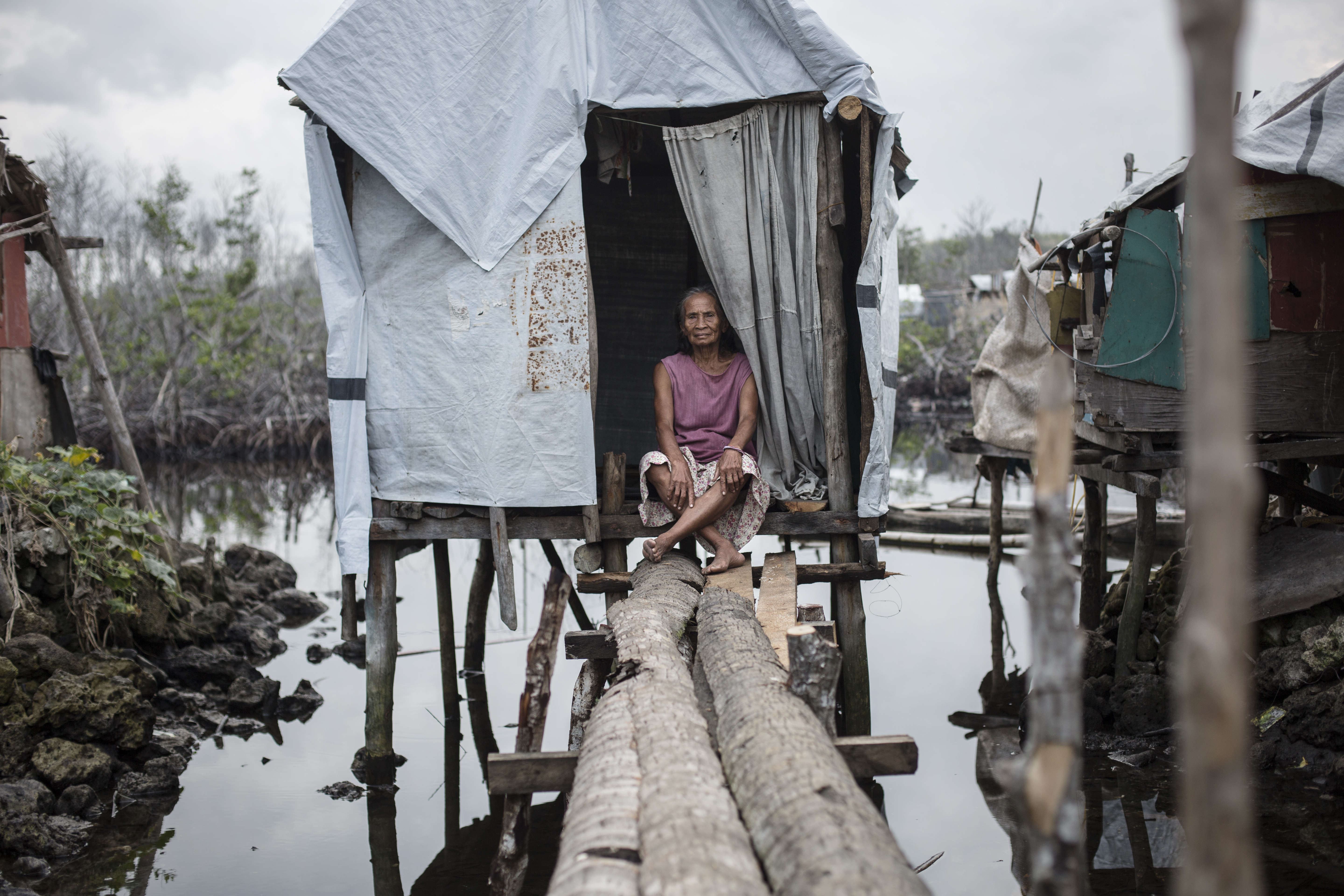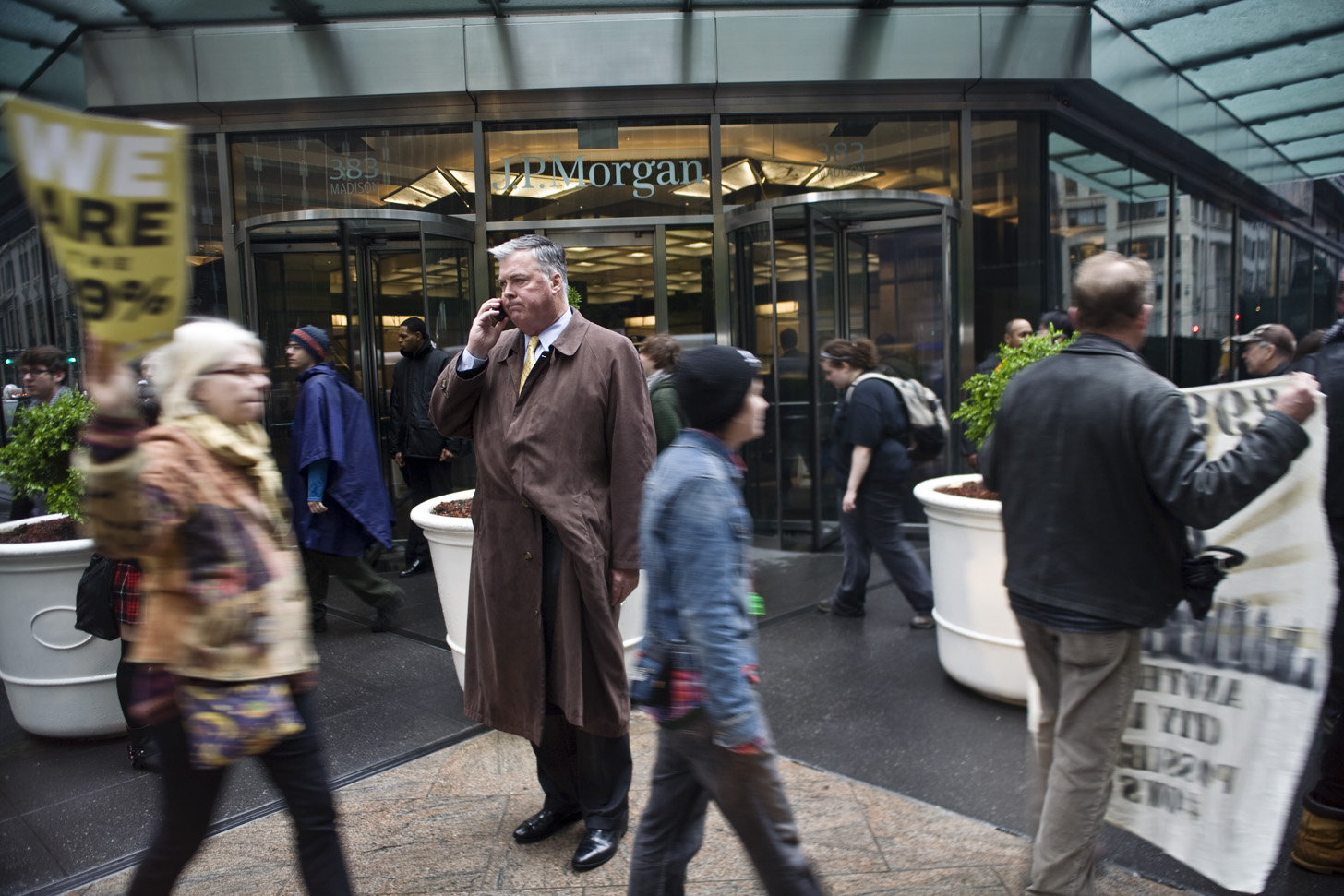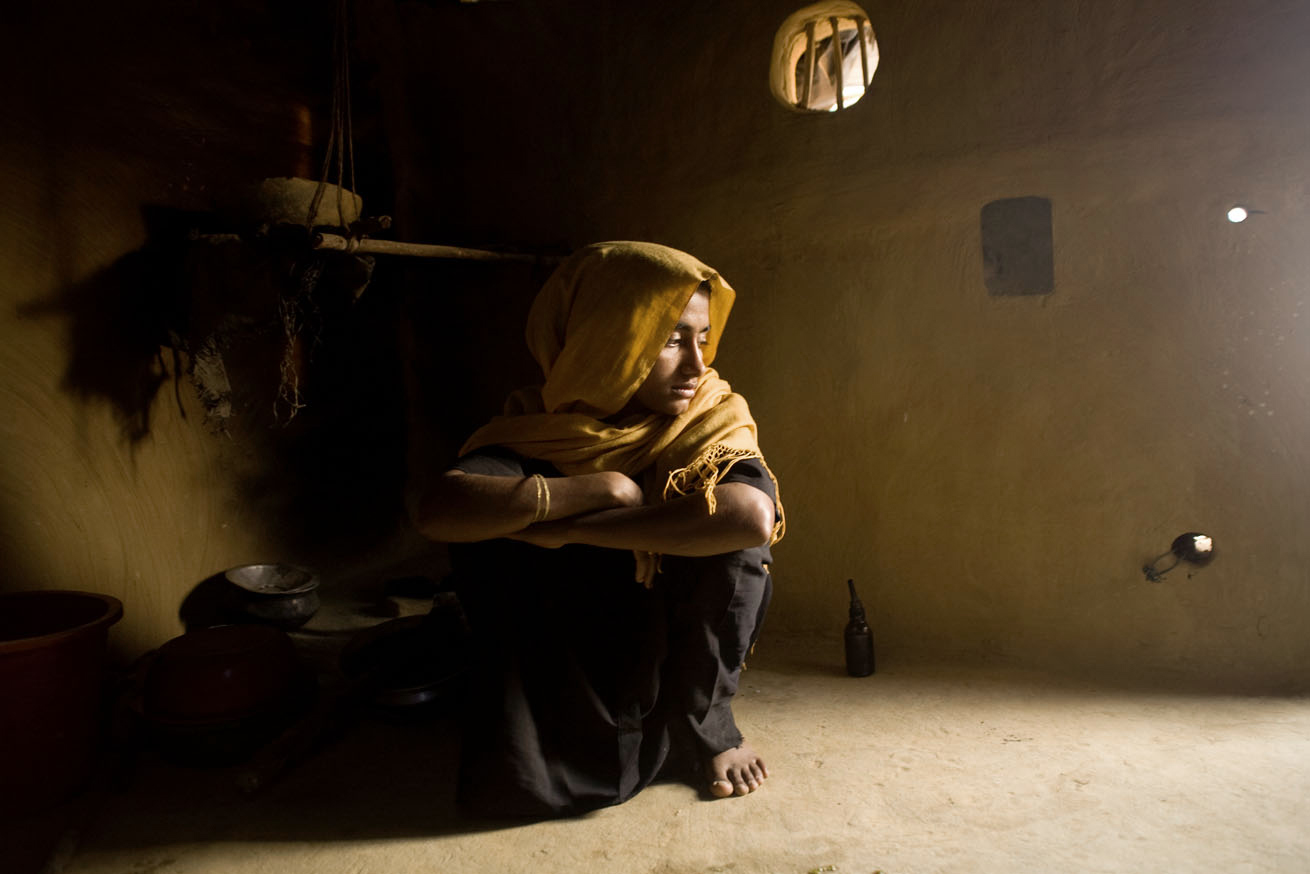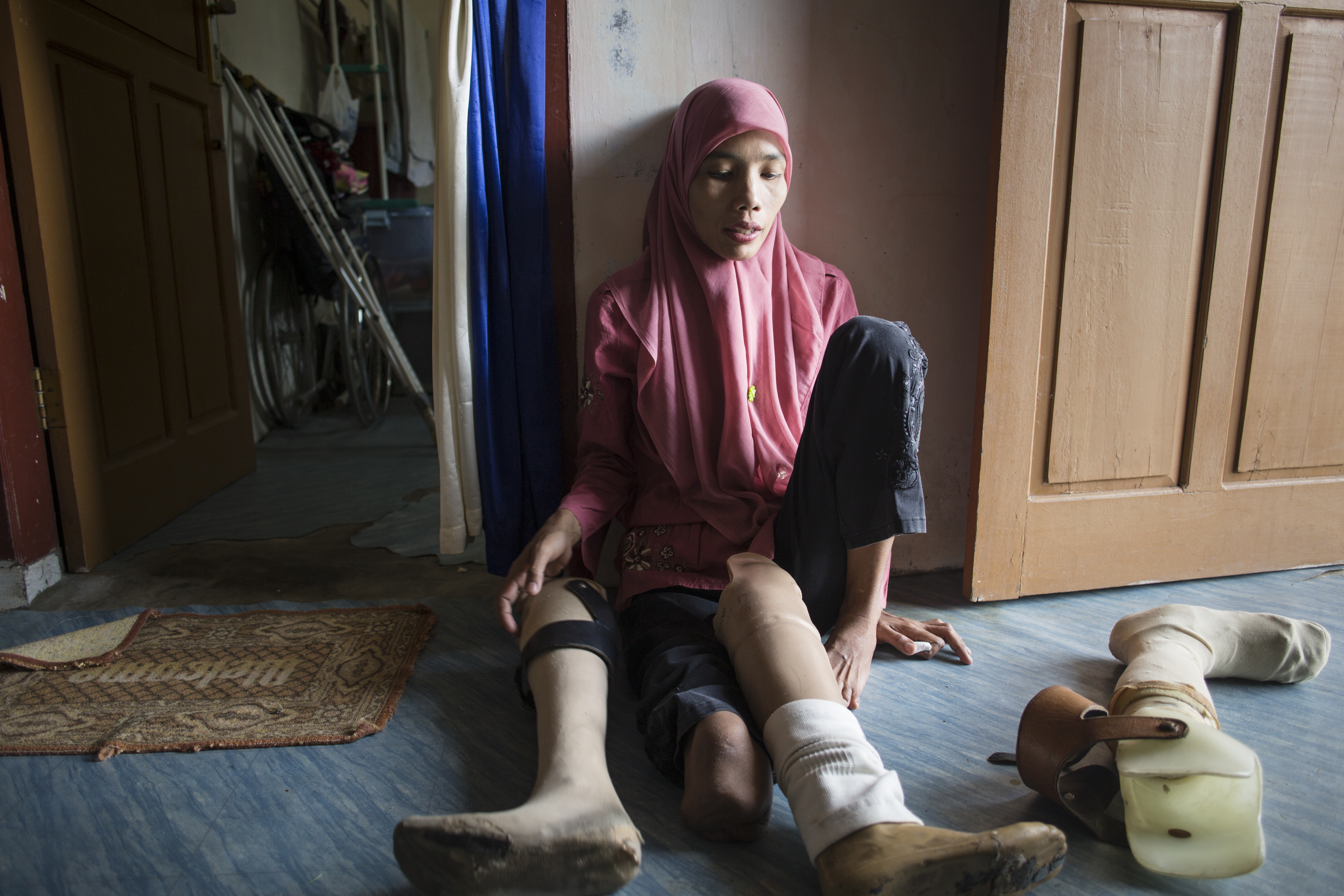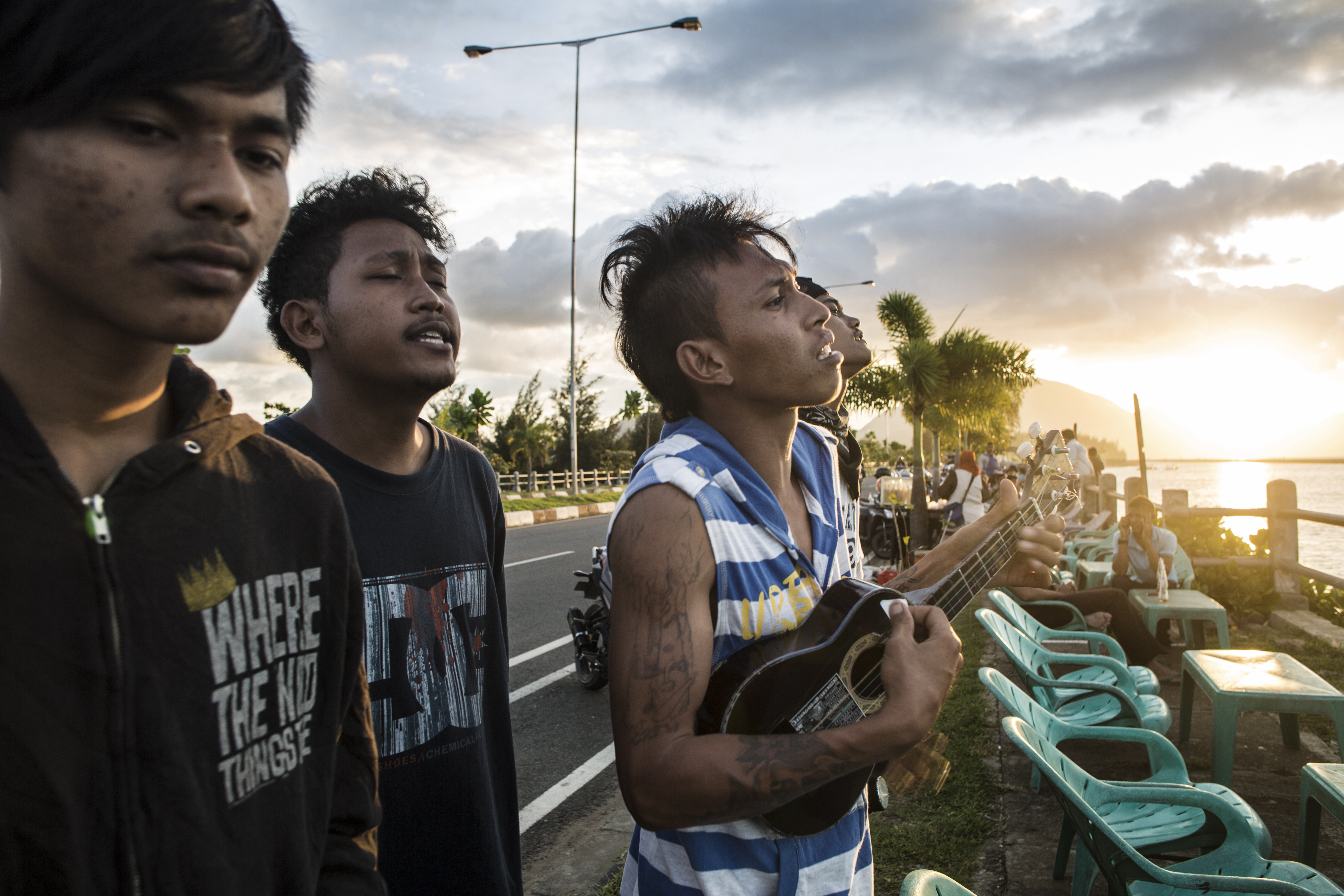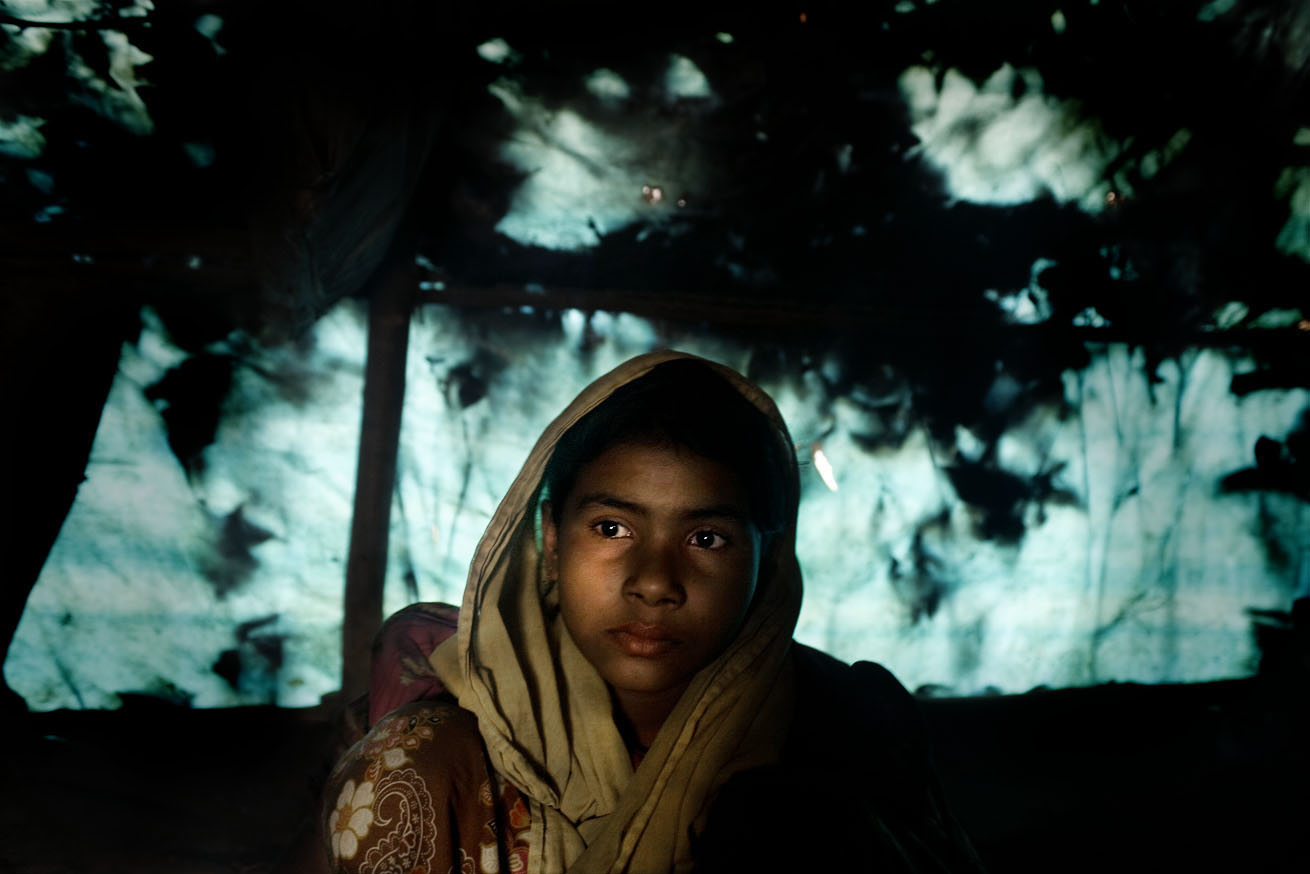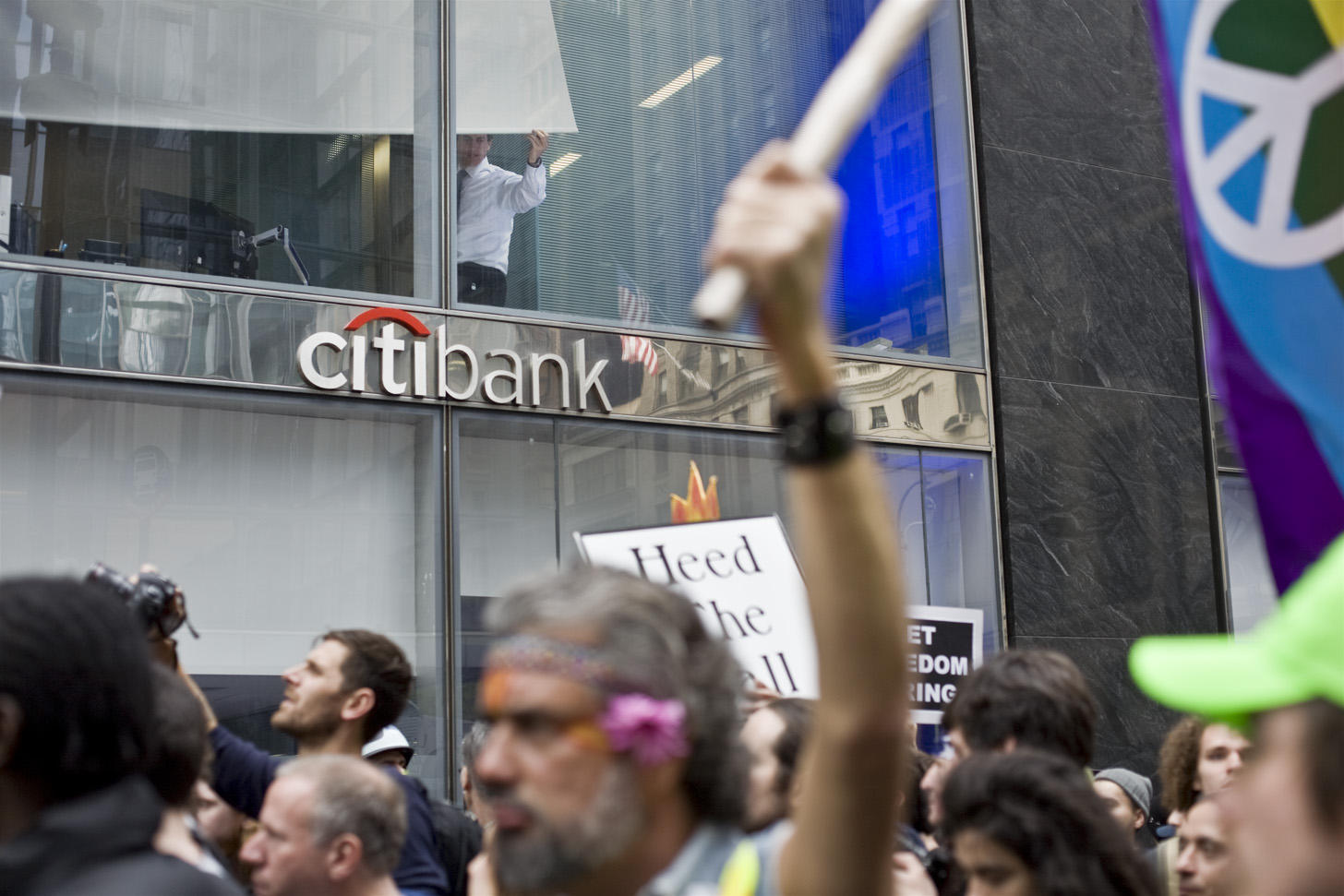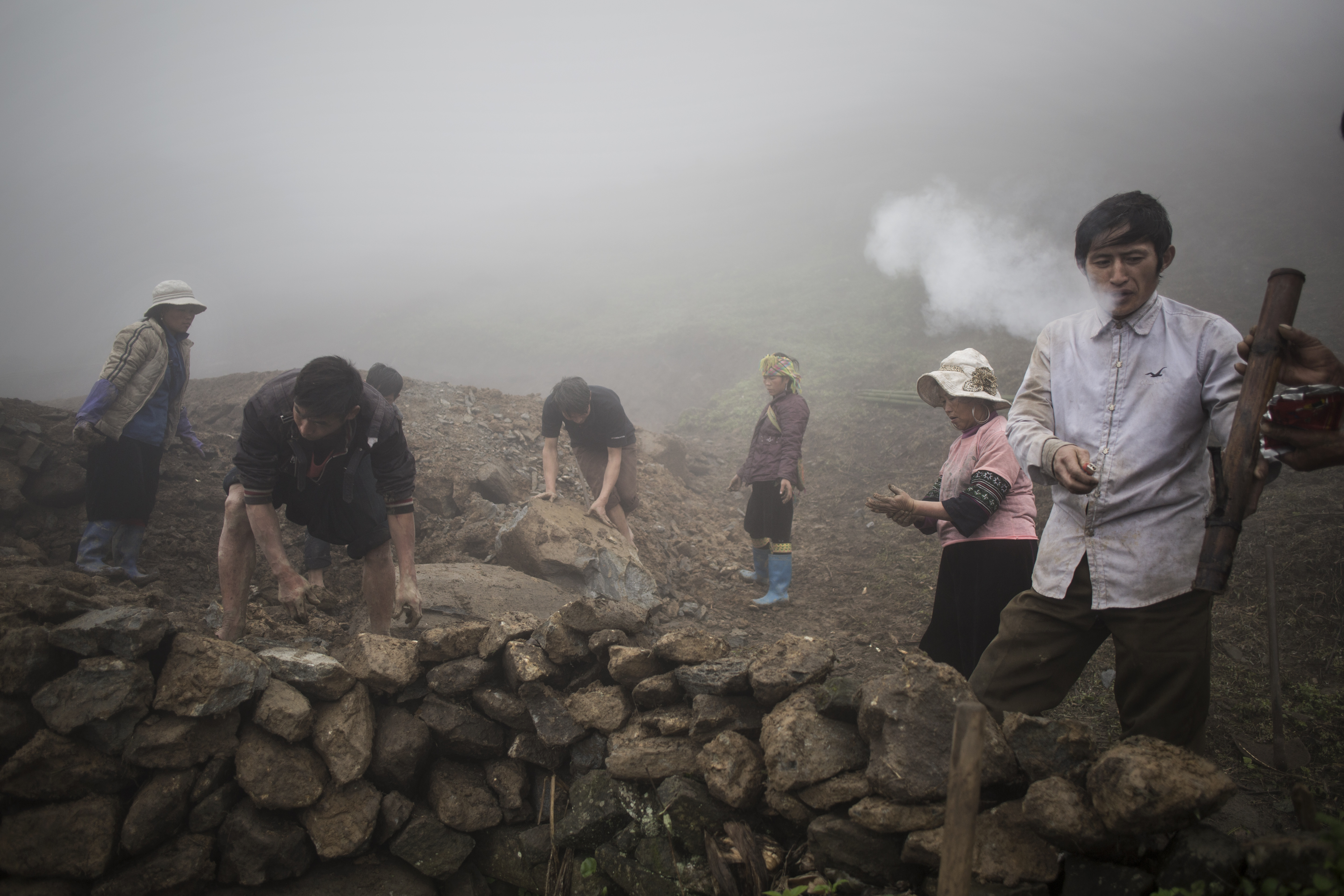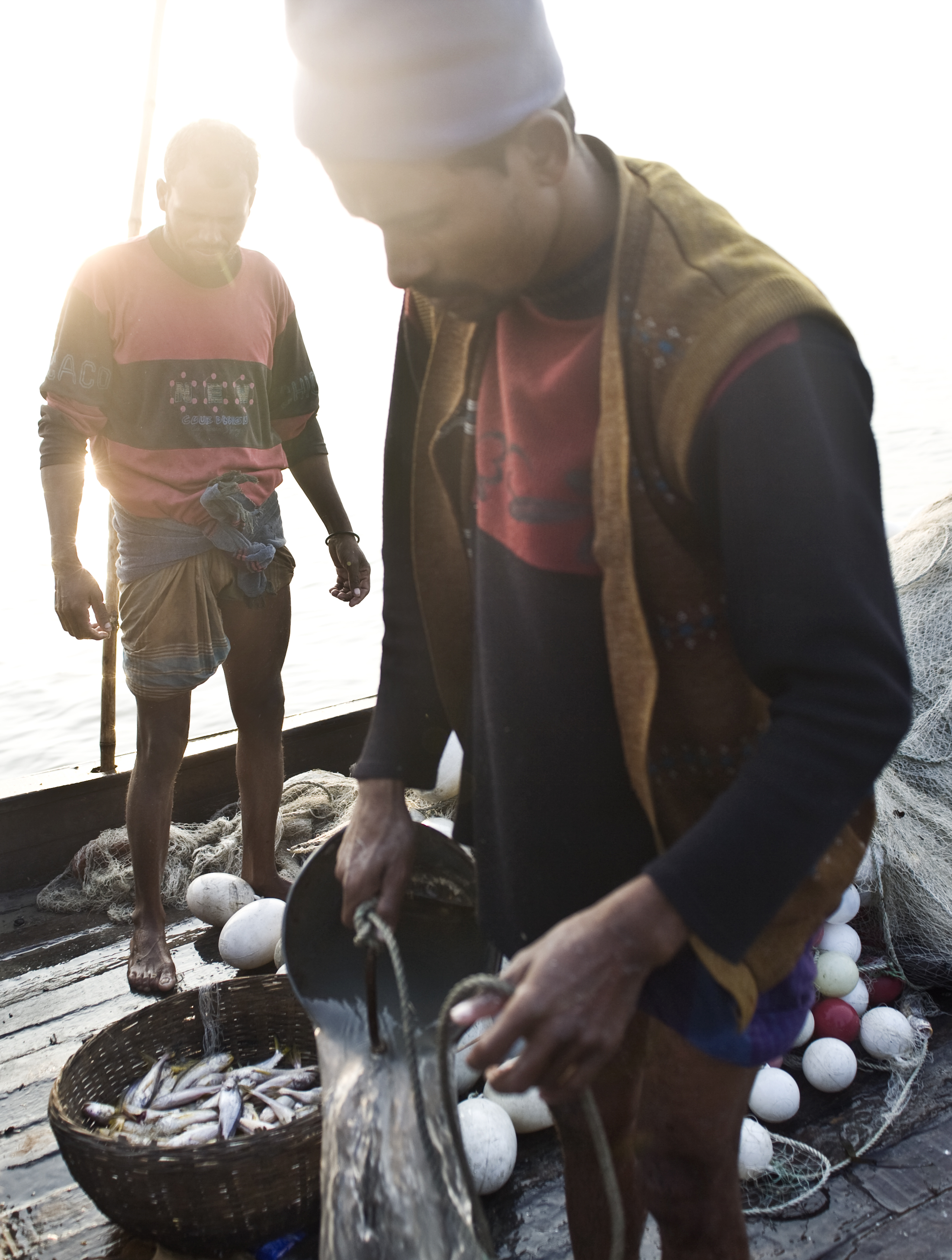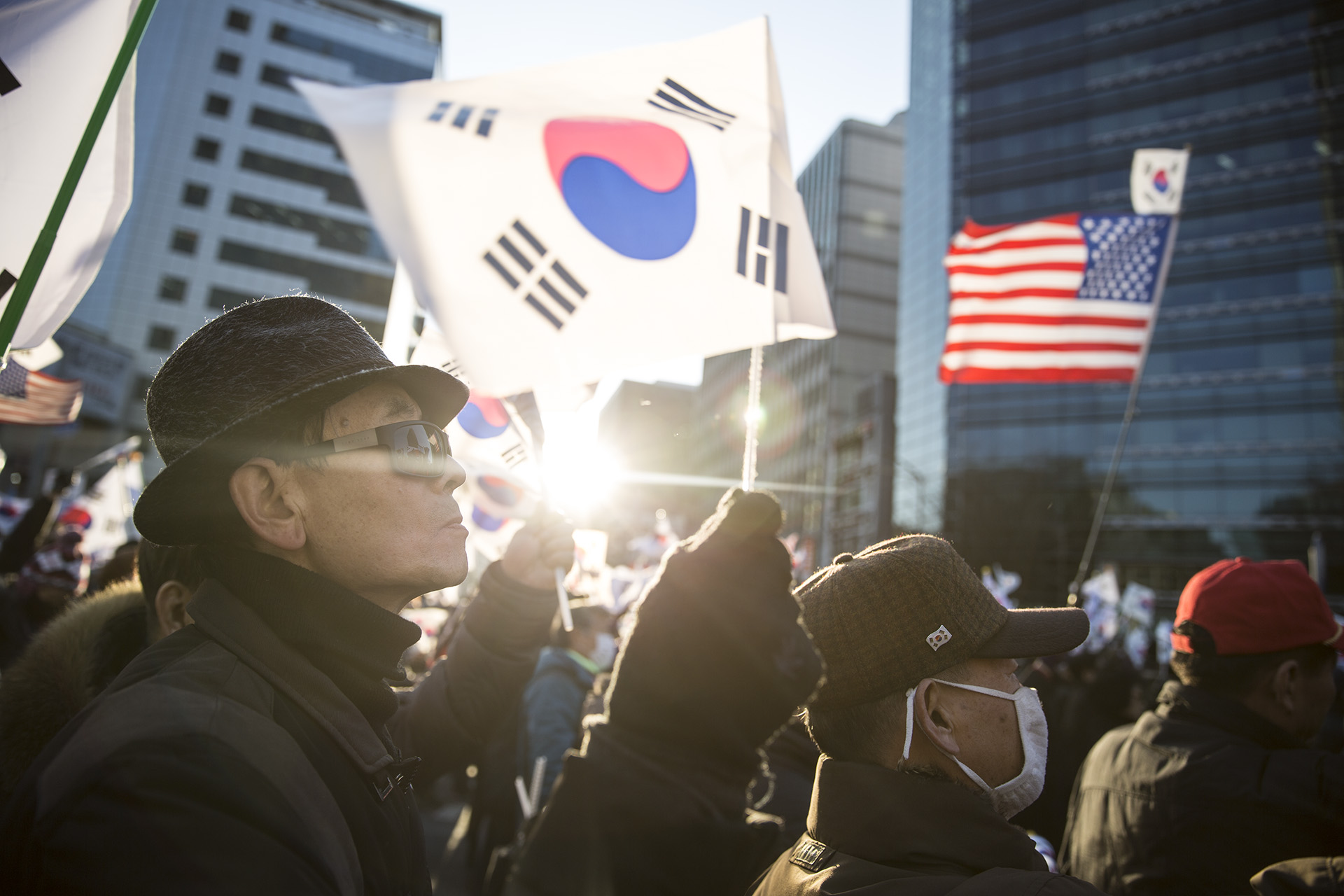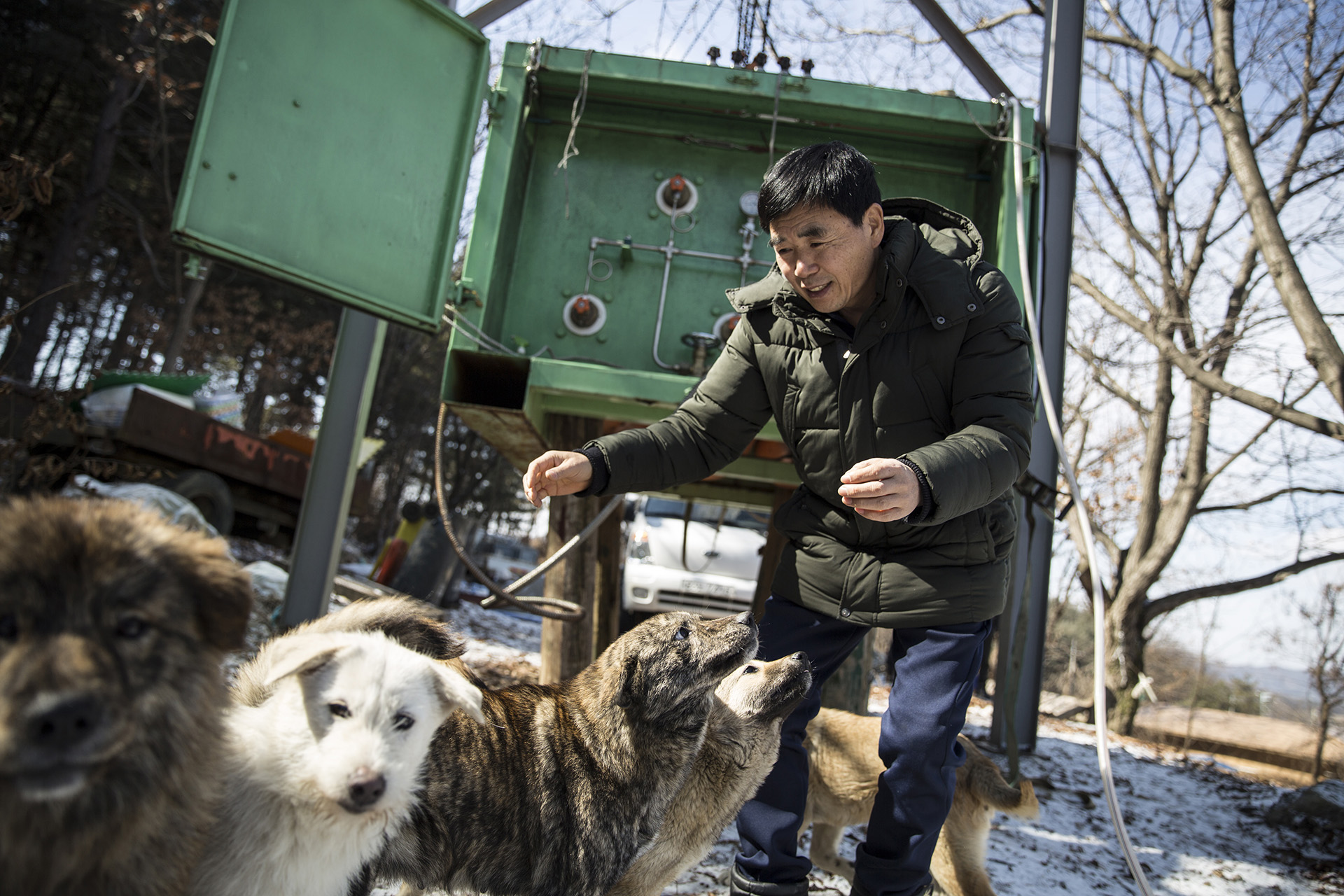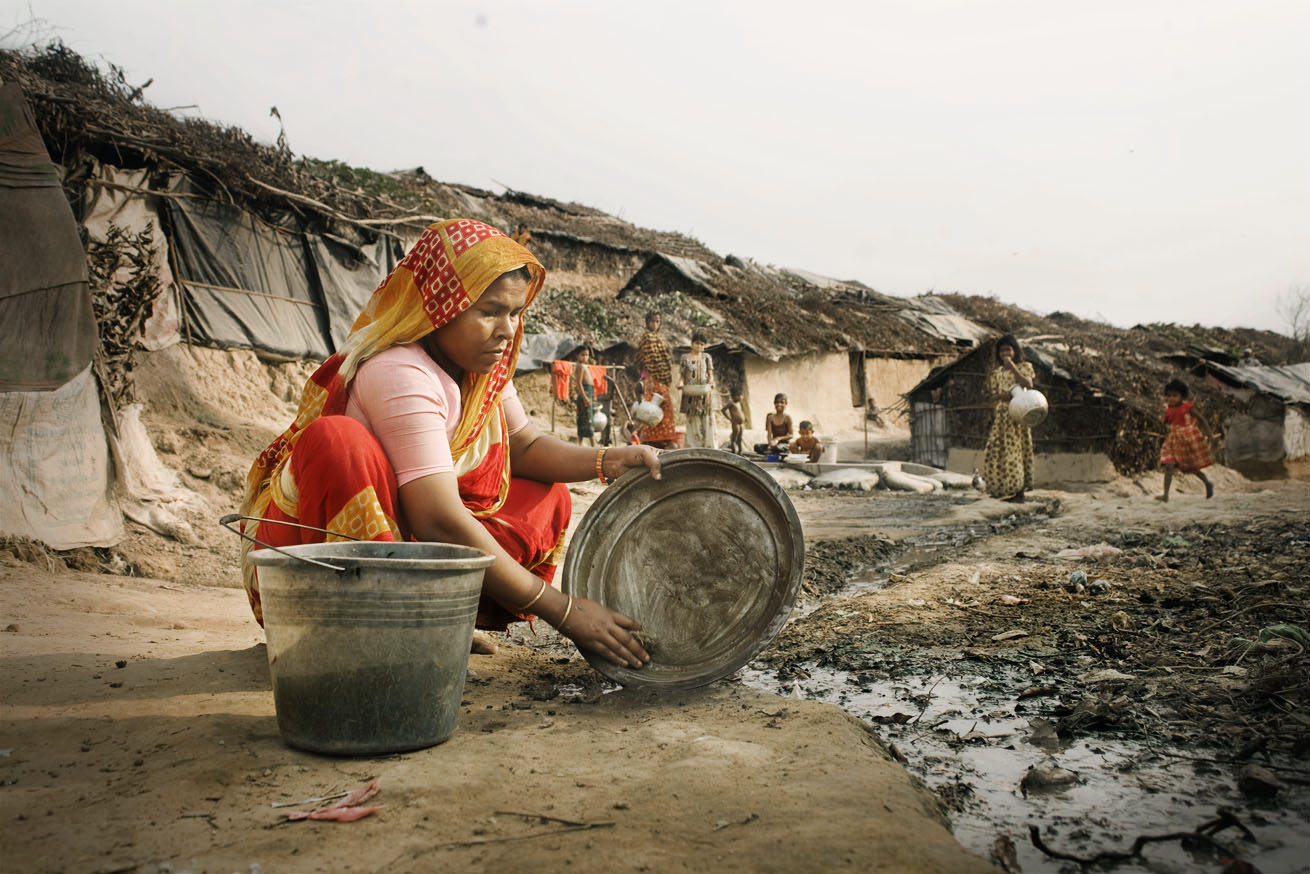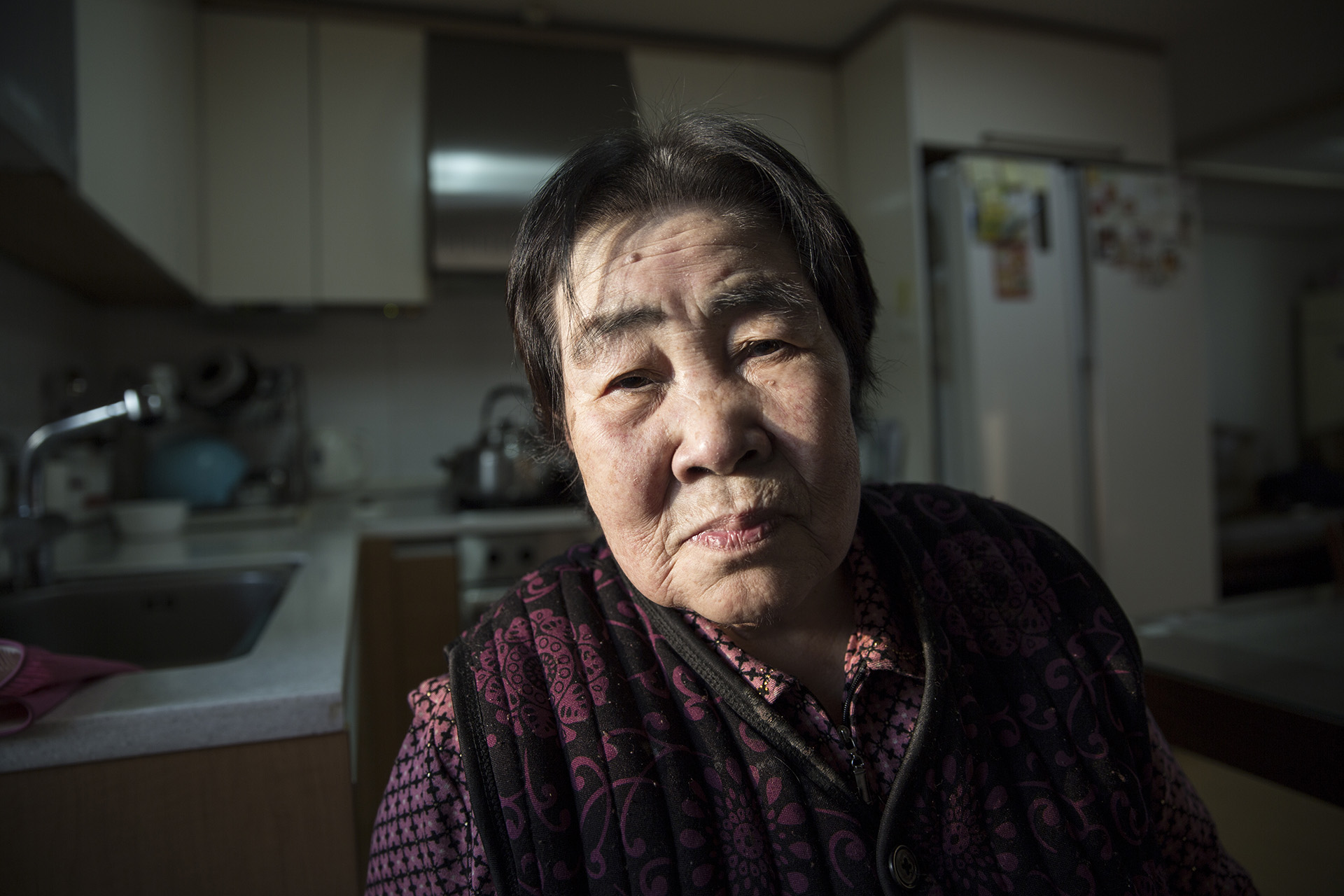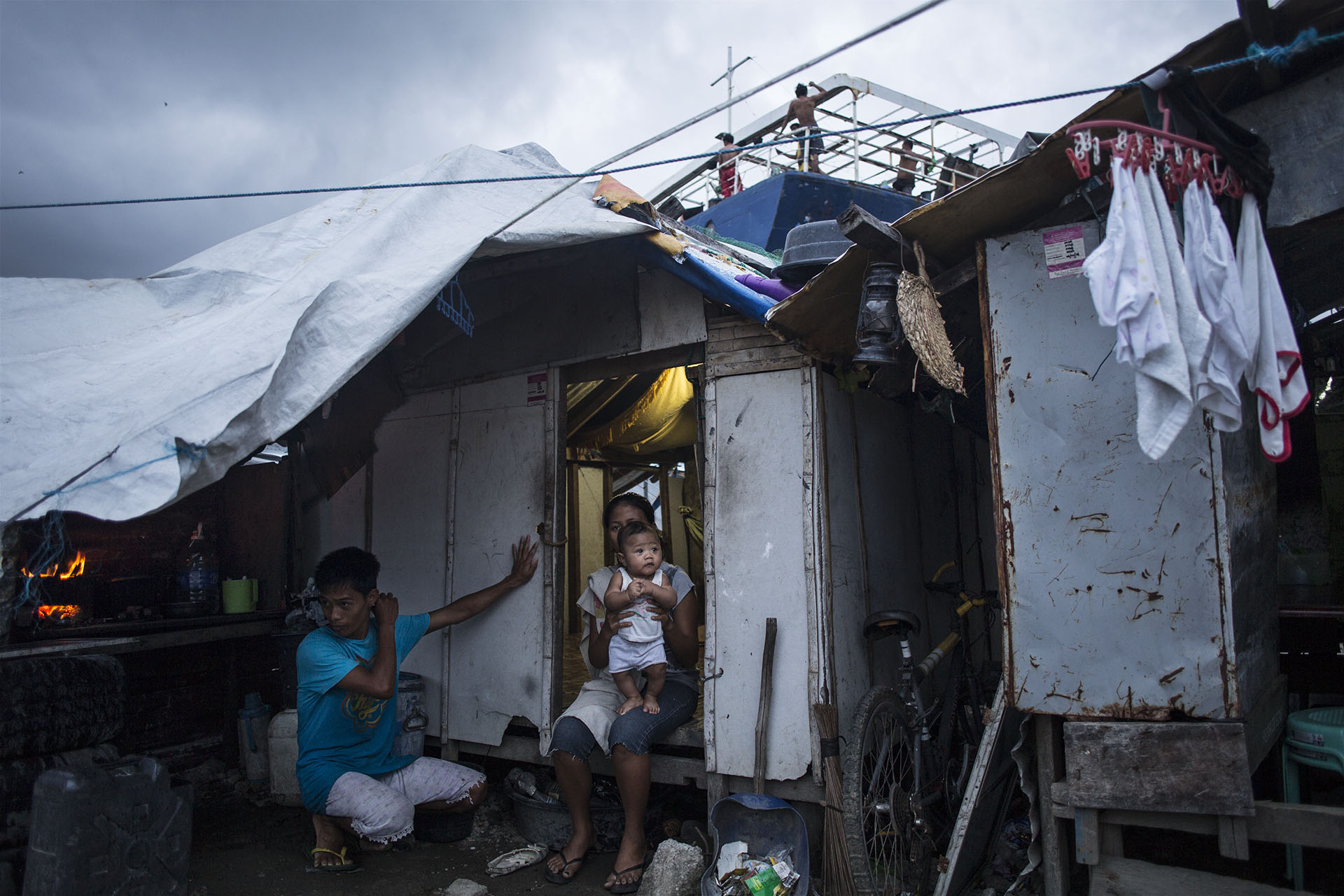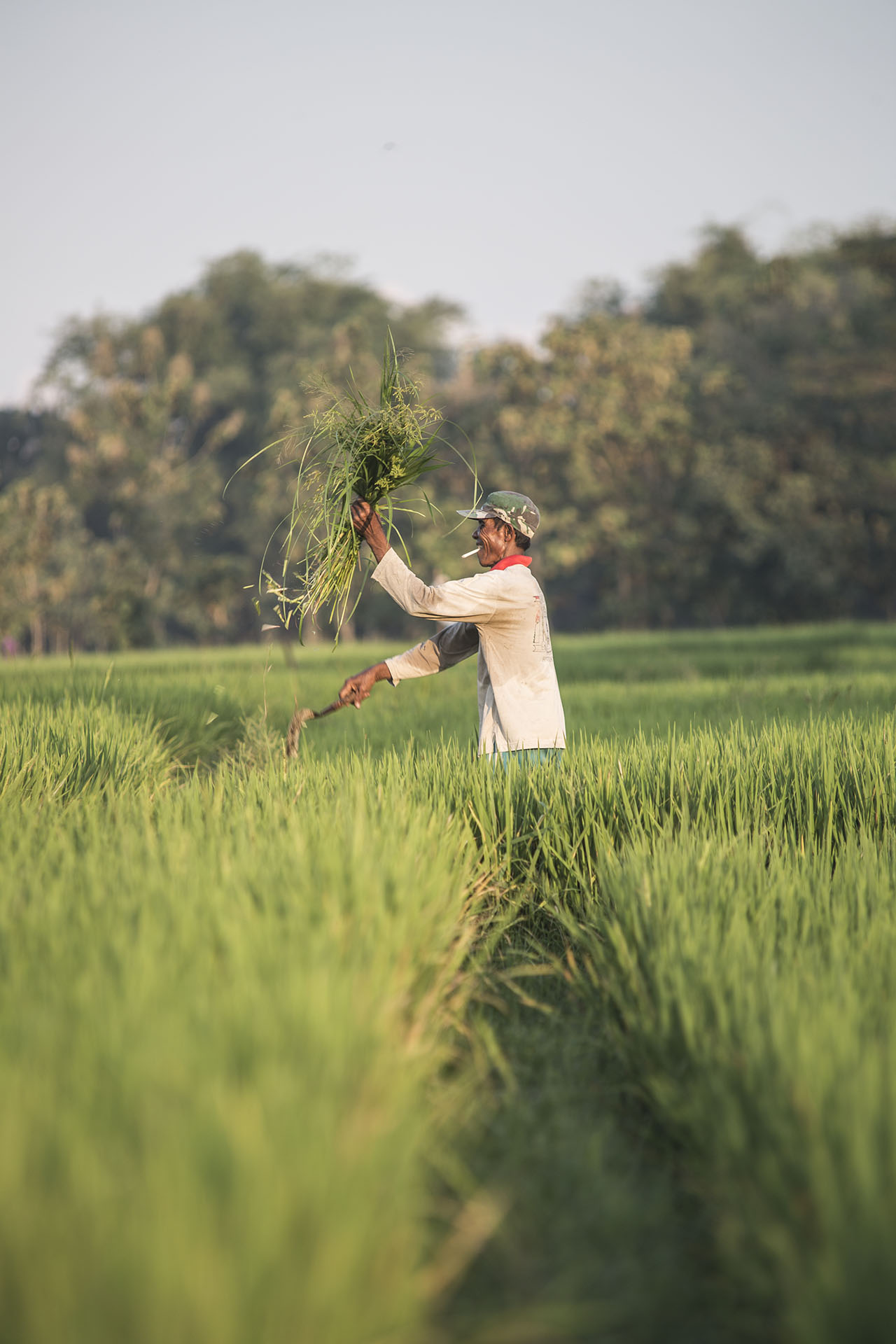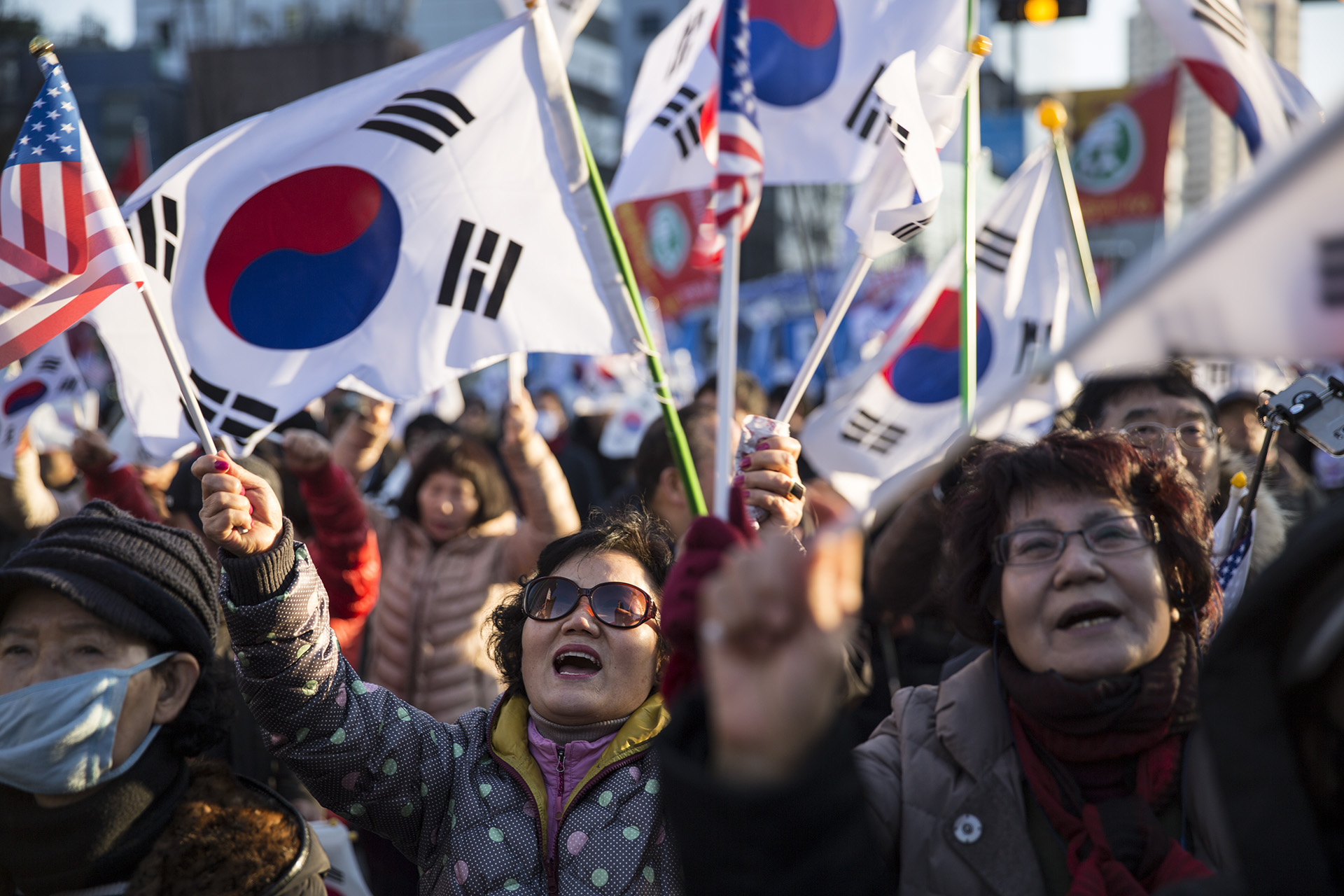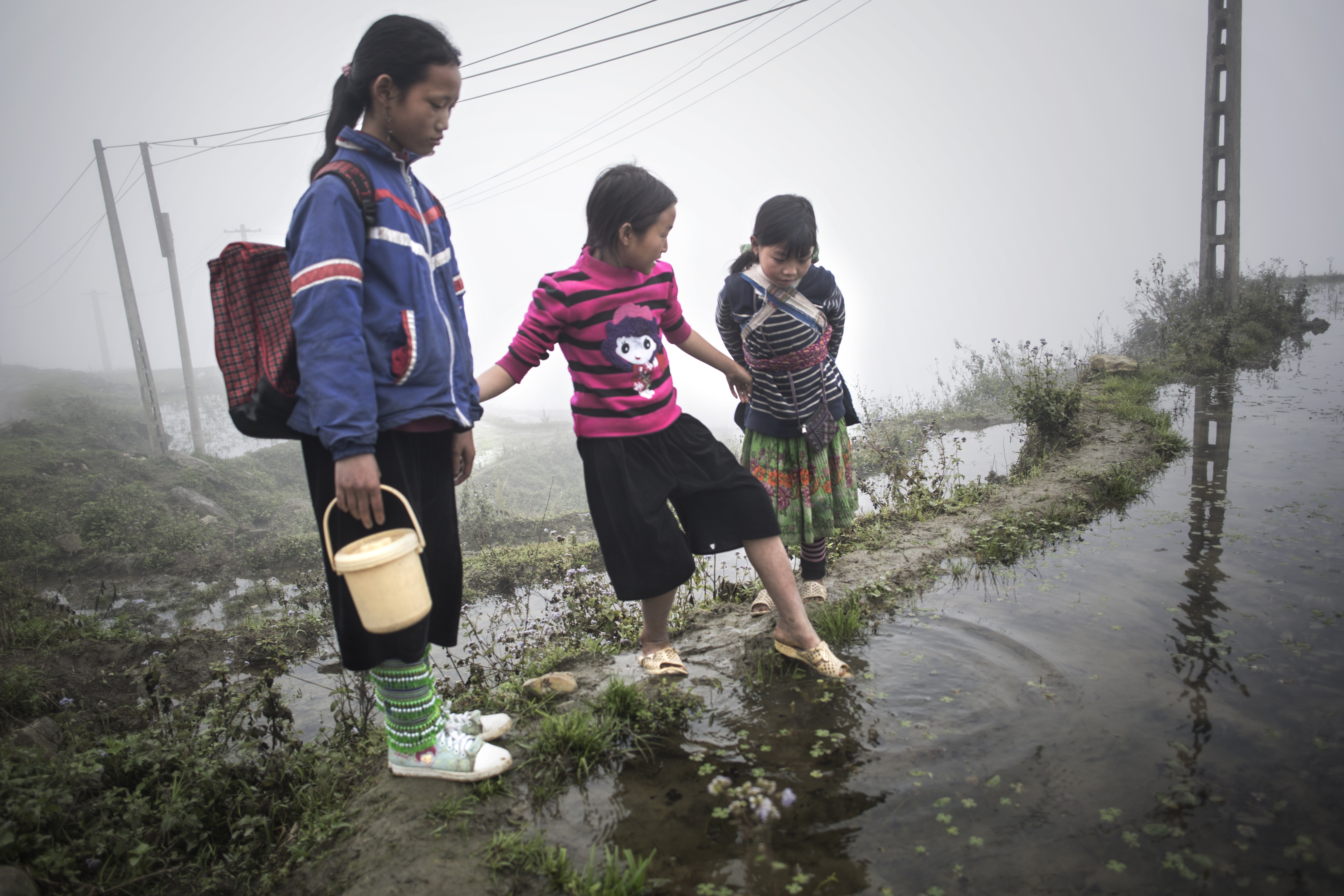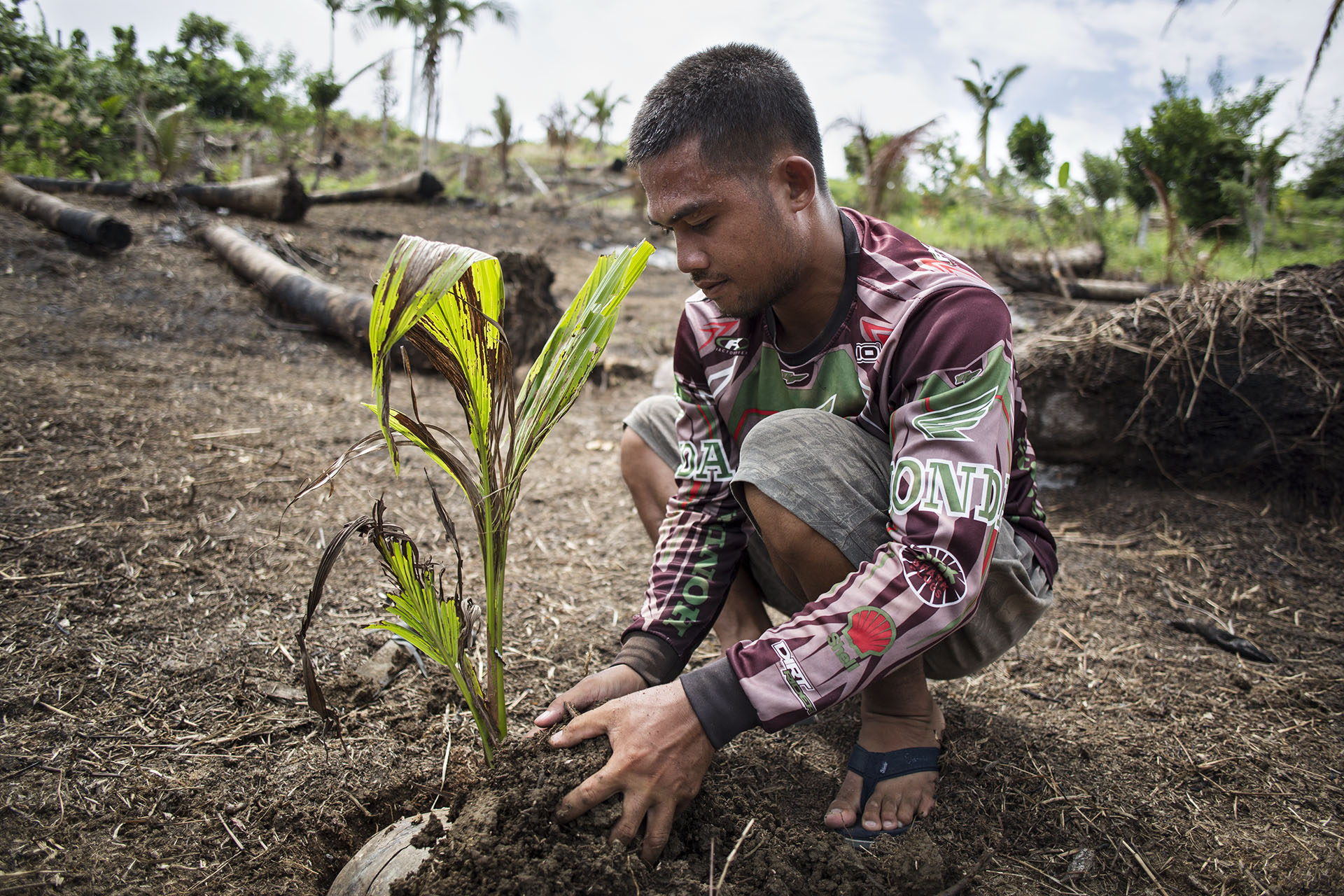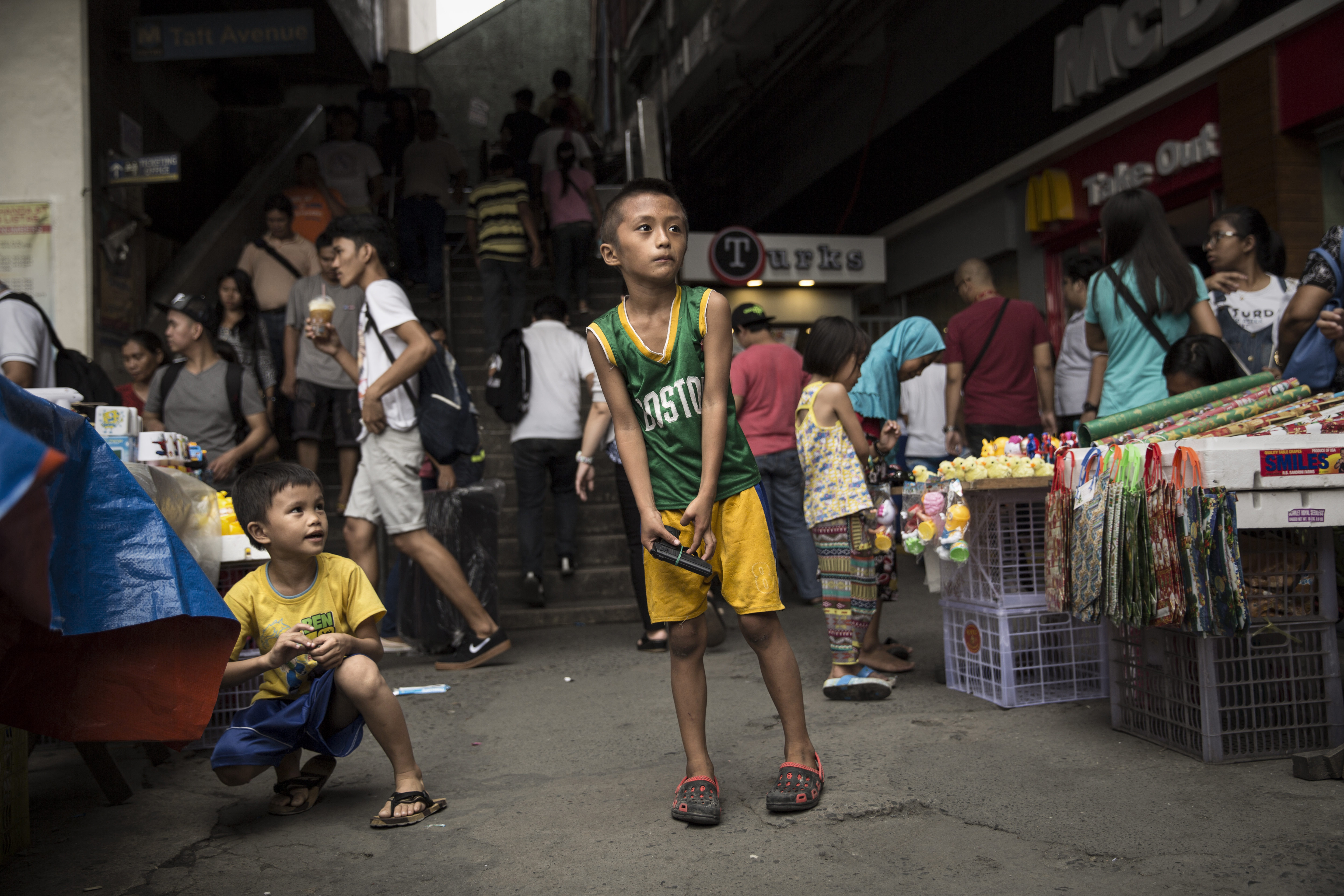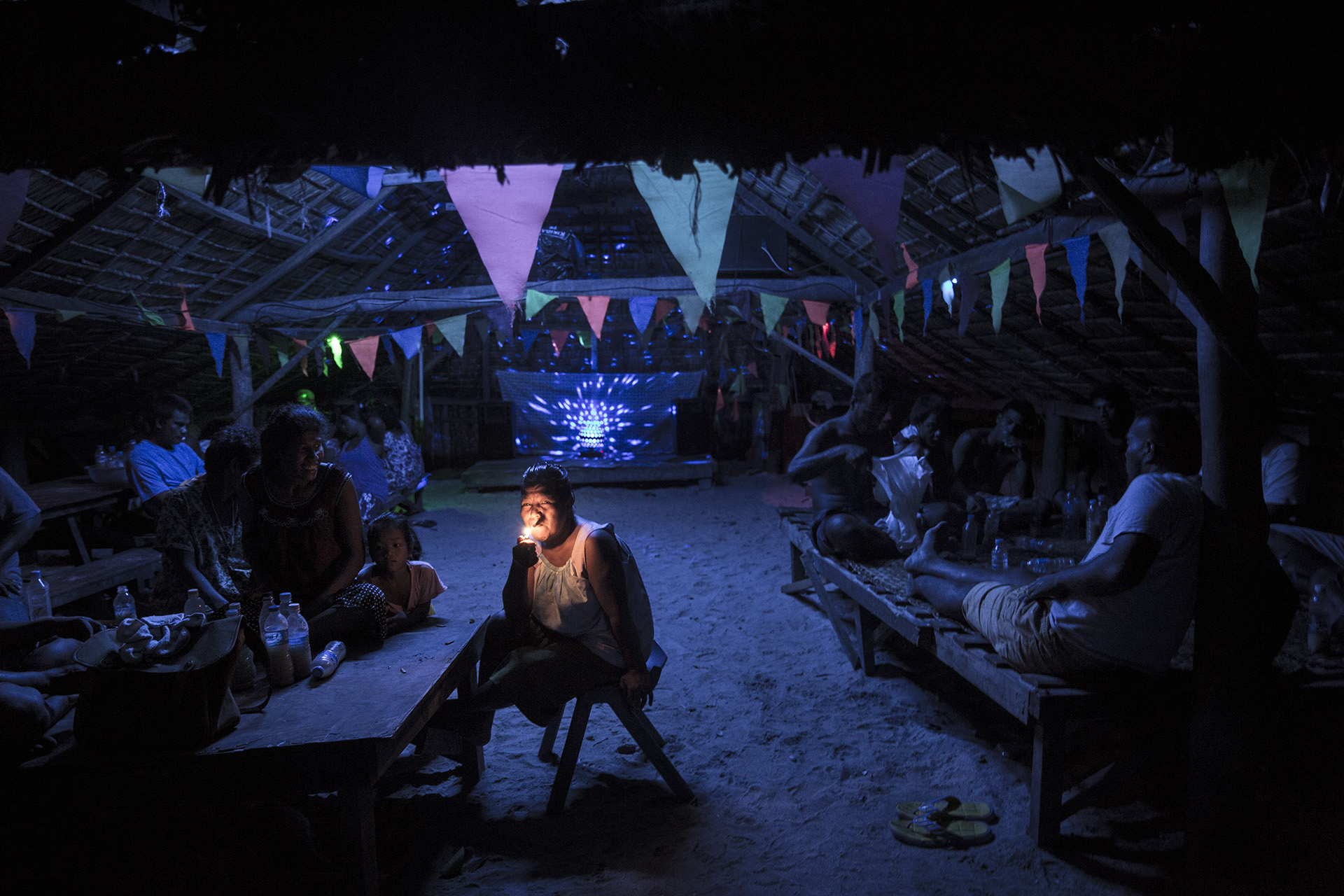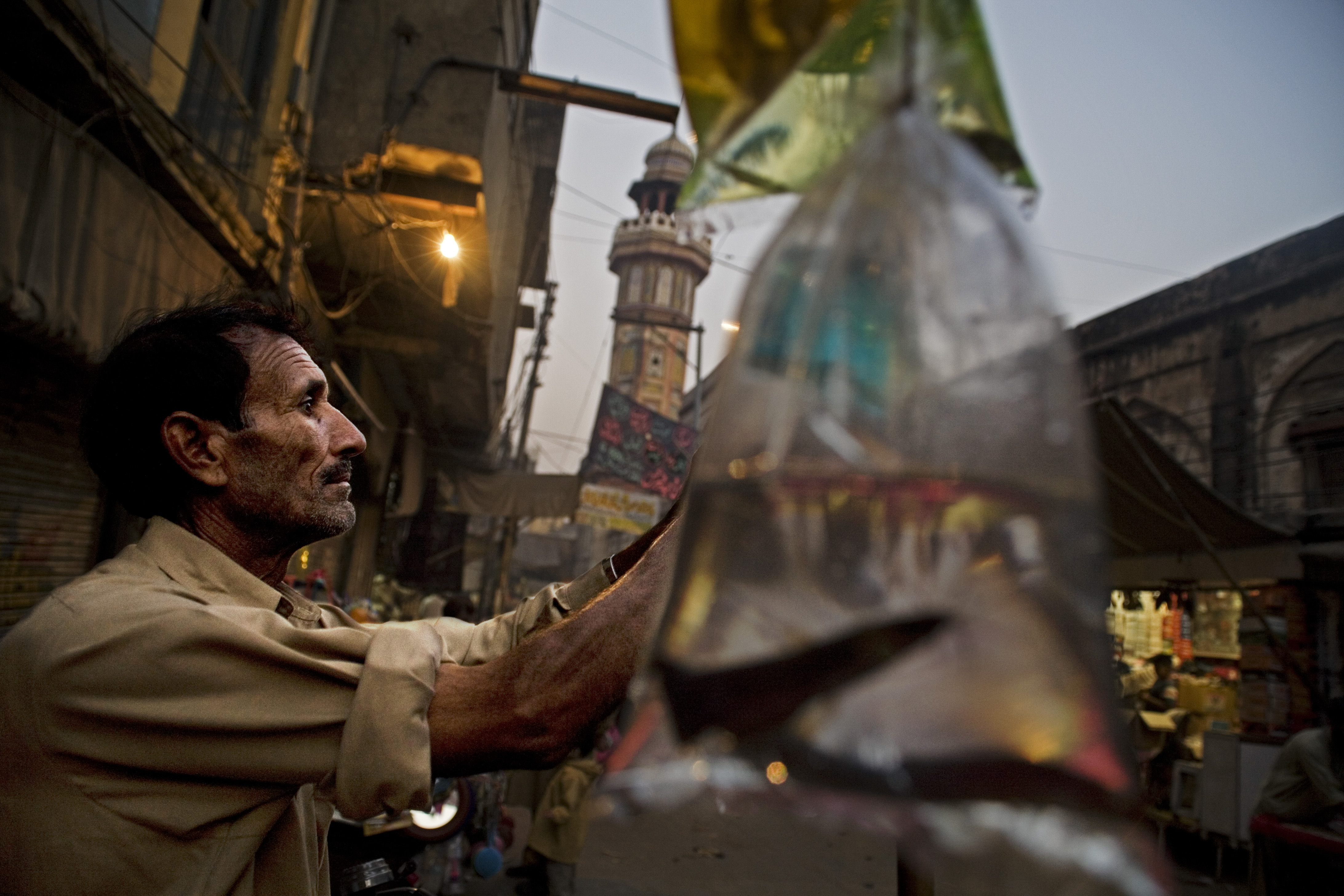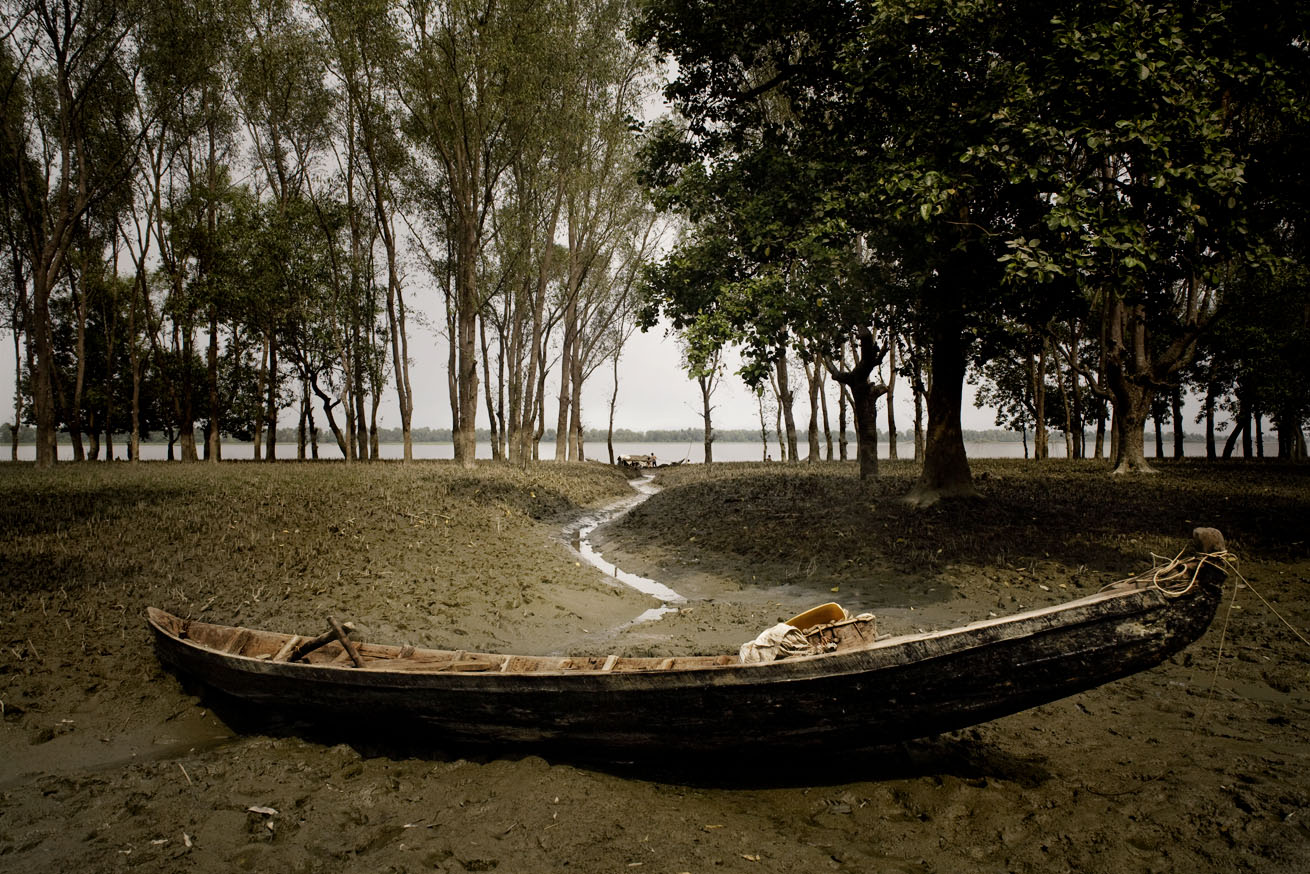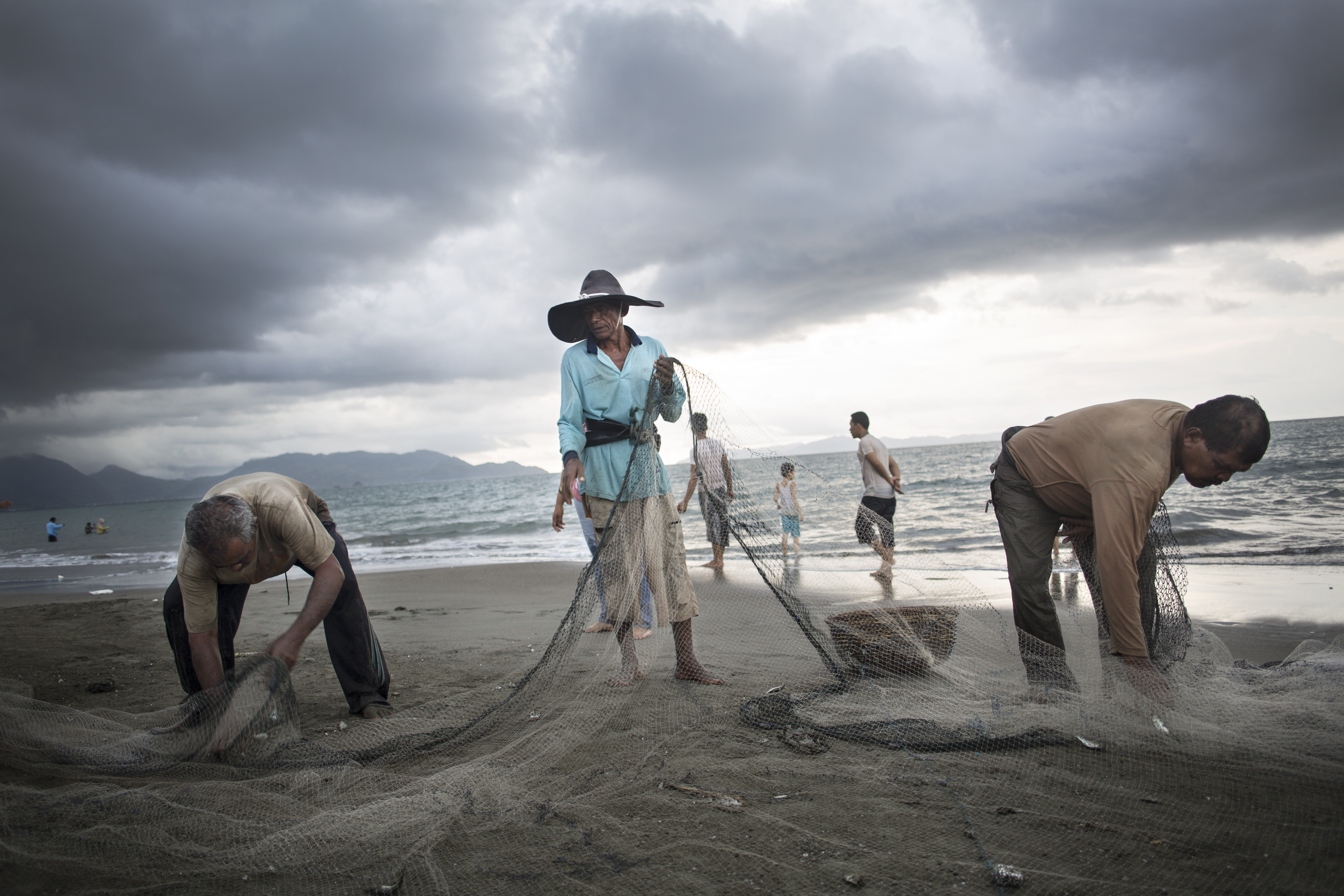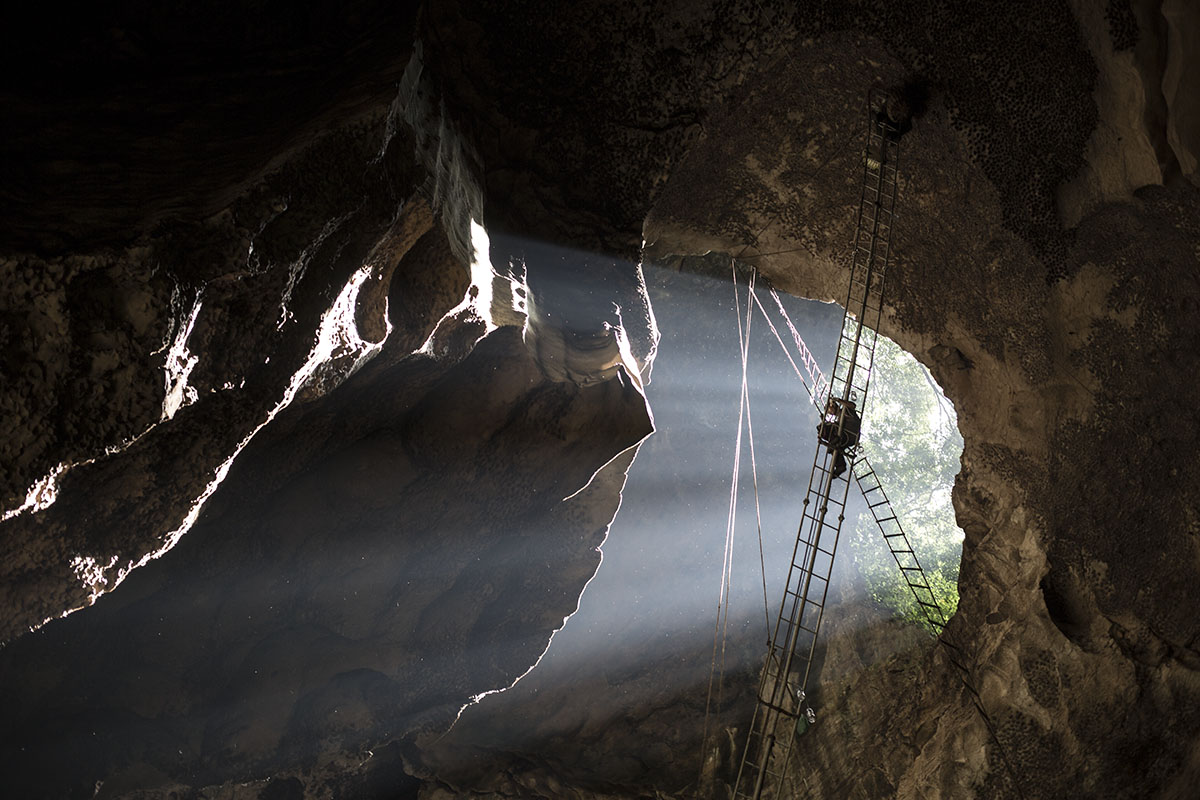A small selection of my articles
*** English
Cheap coal, cheap workers, Chinese money: Indonesia’s nickel success comes at a price (The Guardian)
The EV boom has led to a nickel boom in Indonesia. Jakarta hopes the industry is the ticket to becoming a developed nation. But there are fears the toll on the environment – and people’s lives – is too high.
Cook Islands poised to become deep-sea mining leader (Nikkei Asia)
The deep sea is the next frontier in the hunt for critical minerals. The seabed in The Cook Islands holds three times as much cobalt as all combined reserves on land. Mining it could give a necessary boost to the country’s economy, but critics argue that it would bring ecological destruction.
How AI development fostered a digital ‘sweatshop,’ and why it matters for the technology’s future (South China Morning Post)
As an army of low-wage Filipinos with little security and guidance train AI models used by Google, Meta and more, concerns about this unregulated industry mount.
The Green Revolution Sweeping Sweden (Washington Post)
Sweden is leading the move toward fossil free steel production. Massive investments have caused a boom in the north of the country. However, the indigenous Sami population is critical, and it’s not certain that there is enough electricity to power the transition.
In the Forests of New Zealand, Indigenous Maori and Western Scientists Work Through Past Injustices to Save a Threatened Species Together (Ensia)
Māori knowledge and Western science come together in a bid to save a holy New Zealand tree species, the kauri. At the center of this story is a microbiologist working together with a carver to find ways to repel a lethal pathogen from these iconic trees.
Coronavirus? Pandemic? For Many in Sweden, Life Goes on as Usual (Washington Post)
While several other countries locked down in order to handle the covid-19 outbreak, Sweden chose more lenient policies. When the fatality rate shot up, it caused concern both outside and inside its borders. This is a snapshot from Stockholm early April 2020, where life goes as usual on in the middle of a pandemic.
For New Zealand’s Maori People, Touching This Sacred Tree is Taboo. They Let Scientists Climb to Help (Washington Post)
A pathogen threatens to make one of the world’s largest tree species, the kauri, extinct. To save it, a Māori tribe in northern New Zealand lets scientists climb the largest and holiest specimen, Tāne Mahuta, named after a god in their creation myth.
The Effect on Locals By Outsourcing the Refugee Problem (Washington Post)
Australia’s notorious refugee camp on Papua New Guinea’s Manus Island may be about to close, and this worries some locals. The economic injection from the camp, as well as the suffering of its inmates, has affected the population deeply.
The Human Cost of Australia’s Offshore Detention Centres (South China Morning Post)
Australia has stopped refugees from fleeing to their country over sea by interning arrivals on distant islands, under living conditions described as appalling. Remoteness, sanctions against whistleblowers and a multi-million dollar settlement have served to silence the issue. But one outspoken refugee-journalist at the camp on Papua New Guinea’s Manus Island has spread the story wide of his and his fellows’ ordeal.
Manus Island: Lives on Hold (The Guardian)
Six hundred refugees were moved by force from one facility on Papua New Guinea’s Manus Island to another. Now, Australia is ready to wash their hands of the problem, that has lingered since they first sent the men here, almost five years back. Meanwhile, the refugees continue to suffer, some on the brink of suicide.
“I Need My Family” (The Guardian)
A Syrian refugee tries to make a life for himself in Cambodia, where Australian authorities sent him after detaining him on the island nation of Nauru for 2,5 years. However, until his family joins him, as promised by Canberra, he’s unable to settle.
Midwife crisis (South China Morning Post)
Medical training has reduced maternal and infant mortality rates in rural Laos. US president Drumpf’s decision to cease funding the UN body behind the programme, over accusation it backs forced sterilisations in China, could undo all the good work
Cannabis legalisation in Thailand (South China Morning Post)
Southeast Asia have some of the toughest drug laws in the world. During a “war on drugs” in the Philippines in 2016 and 2017, over 7,000 people were killed in the streets. Thailand, who in 2013 launched the first drug war in the region, may buck the trend by legalizing cannabis, amid mounting evidence of its medicinal benefits.
Kiribati struggles to keep its population afloat (South China Morning Post)
As the world meets in Paris for climate discussions, the Pacific nation – one of the lowest-lying countries in the world – is preparing to evacuate due to rising sea levels.
Palm oil and Indonesia’s forest-fire problem (TIME)
A year after one of history’s most devastating forest fires, the archipelagic nation keeps struggling to solve its problems with deforestation.
The booming bird’s nest industry (TIME)
An ancient practice of harvesting swiftlet nests from deep inside Southeast Asian caves is facing modern challenges with a booming Chinese middle class and the introduction of swiftlet farms.
What the waves did to Aceh (TIME)
Ten years after the devastating Boxing Day tsunami, the Indonesian province of Aceh is a new place. Its war has ended, but harsh sharia laws have been put in place.
Charitable Act (TIME)
Josephine and Tim Desmond risked all to help out after the typhoon Haiyan ravaged the eastern coast of the Philippines.
Tacloban barely survived the world’s strongest storm (TIME)
The Philippine city at the center of the devastating typhoon Haiyan slowly recovers after one year.
A family reunites in the ruins after supertyphoon Haiyan (TIME)
In the midst of a shattered Tacloban city, with corpses spread out along the roads after being hit by the strongest storm in recorded history, a Filipina finds her family alive and well.
Indonesian maids are “modern day slaves” (TIME)
A maid in Hong Kong is severely beaten, highlighting the plight of foreign domestic helpers in the city.
*** Svenska
Kolkraften bakom elbilarna “förstör liv” (Svenska Dagbladet)
Indonesien tillverkar den nickel som behövs till våra elbilar. På tio år har industrin exploderat. Med väldiga utmaningar för miljö och invånare – och massor av ”grön” kolkraft.
“Vi har rikedomar som bara ligger och väntar” (Svenska Dagbladet)
Rikedomar som Saudiarabien. Och en nyckelroll i den gröna omställningen. Det är hoppet när Cooköarna satsar på att utvinna djuphavsmineraler. Men den nya industrin kan leda till massutrotning, varnar forskare.
AI-arbetarna som knappt har råd med mat (Svenska Dagbladet)
AI behöver mängder av mänsklig hjälp. I en filippinsk slum träffar SvD unga män som sitter hela dagarna och klickar. Resultatet gynnar bland annat Klarna och Volvo Cars. Själva har de knappt råd med mat.
Så leder Sydkorea kampen för skönhet (Göteborgs-Posten)
Först kom k-pop och k-drama. Nu tar Sydkoreas skönhetsindustri, k-beauty, världen med storm. Med snigelslem, mikroström och en idé om att hälsa ger vacker hud.
Med livet som insats – journalister lever farligt i Filippinerna (Amnesty Press)
Rodrigo Duterte förde krig mot medierna. Sedan blev sonen till den gamle diktatorn Ferdinand Marcos president. Ett år efter valet ser journalister på ett medielandskap som blivit aningen bättre. Ändå är det präglat av troll, rädsla och mord.
Blodhunden ursinnig – har gjort det “otänkbara” (Svenska Dagbladet)
Kan han avgöra kriget åt president Putin eller bli ett sänke? Wagnergruppens ledare Prigozjin, även kallad ”Putins kock”, satt i fängelse under 80-talet, blev sedan miljardär – och nu står han inför sin hårdaste strid sedan han gjort ”det otänkbara”.
Vindkraften i stormens öga (Sveriges Natur)
Sverige bygger ut vindkraften i snabbare takt än någon annan. Men varken förespråkare eller motståndare verkar riktigt nöjda. Reportaget tar läsaren till Småland, där det mullrar under de enorma turbinerna.
Den ohållbara cementen (Sveriges Natur)
8-9 procent av världens koldioxidutsläpp kommer från cementproduktion. Tillverkningen förstör även sköra ekosystem. I Kambodja sprängs regionens artrikaste berg för att göda en korrupt byggboom, pådriven av Kina. I Sverige slår sig industrin för bröstet samtidigt som de utarmar Gotlands unika alvar och undertrycker ett långt mer miljövänligt material: trä.
Australien döljer verkligheten bakom sin flyktingpolitik (Frihet)
Australien skickar båtflyktingar till avlägsna öläger. Taktiken inspirerar europeiska politiker. Andra kallar det grymt, kolonialt, och en fara för mänskliga rättigheter över hela världen. På Manus Island i Papua Nya Guinea träffar vi män som berövats både frihet och värdighet i snart fem år.
Thailand vänder blad (Tidningen Re:Public)
Thailand överväger att legalisera cannabis. Det skulle kunna bli en vändpunkt för Sydostasien, vars narkotikapolitik tillhör världens hårdaste. I Bangkok träffar vi cannabisens självutnämnde Robin Hood, en gammal polis som nu lever på att tillverka och sälja koncentrerad olja av den narkotiska växten. Och i norr hittar vi ett av landets första lagliga odlingar.
Oppa Nobelpris-style (Vi Läser)
Globala succéer inom musik och film har gjort sydkoreaner hungriga på mer: de vill ha ett Nobelpris i litteratur. På några få år har “k-books” blivit en internationell sensation. Jag undersöker landets storsatsning på att ta hem det finaste av priser, och träffar den främste kandidaten: den drygt åttioårige poeten, före detta politiske aktivisten och munken Ko Un.
Krisen tystar koreanska varvsarbetare (Arbetet Global)
Varvsarbetare i Sydkorea riskerar döden. Säkerhetsföreskrifter ignoreras, skador mörkas och fackföreningar utmanövreras. Nu ökar pressen ytterligare, då industrin sjunkit ner i djup kris.
Palmolja – snart på en mack nära dig (Sveriges Natur)
Palmolja gör comeback i svenskt biodrivmedel. Sydostasiens regnskog står på spel. Företagen hävdar att produktionen är hållbar. Men vår granskning visar att kontrollen brister och även naturreservat huggs ner.
Hongkong – 20 år av kinesiskt styre (Amnesty Press)
Den 1 juli 1997 överlämnades Hongkong till Kina. Den demokrati och de rättigheter hongkongeserna utlovades för 20 år sedan faller alltmer samman och oron växer. Vi intervjuar bland annat Lam Wing-kee, bokförsäljaren som kidnappades från Hongkong och fördes till Kina för att ange ett nätverk av Kinakritiska publicister, samt Nathan Law, gatuockupanten som blev stadens yngste parlamentariker.
Fågelbon – den smaklösa delikatessen (Vi)
De är dyra och smakar knappt någonting. Ändå är ätbara fågelbon en eftertraktad, exklusiv matprodukt i Kina. Vi följer detta märkvärdiga livsmedel – från gigantiska grottor på Borneo till lyxkrogar i Hongkong.
Fängelseindustrin i USA (Sverige Radio)
Privata fängelser är en strålande affär i USA trots en växande kritik efter uppgifter om vanskötsel och korruption. En av affärsidéerna är att skräddarsy sina fängelser så att olika delstater kan skicka sina fångar dit. Vi besöker fängelsestaden Eloy i Arizona samt Delbert Wakinekona, hawaiianen som hävdade för Högsta Domstolen att hans fängelsestraff i Arizona utgjorde landsförvisning.
Läs samtliga av mina artiklar i SvD här.
